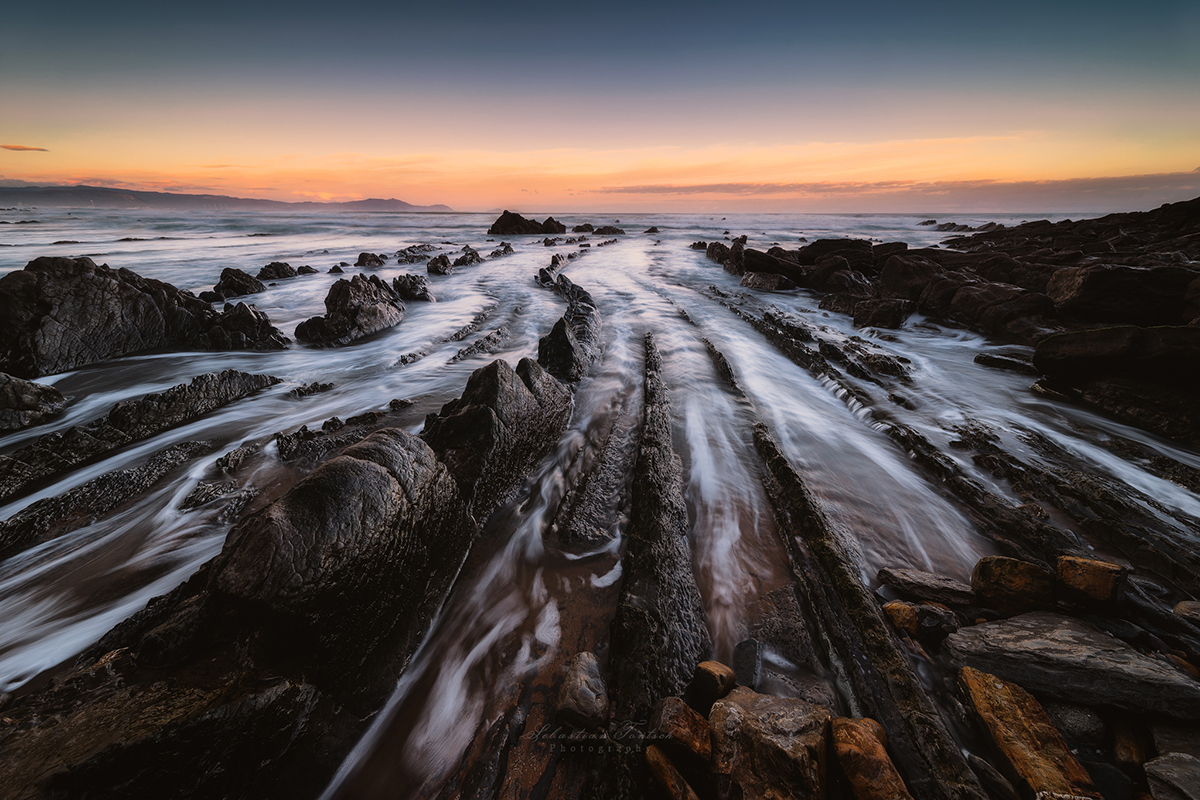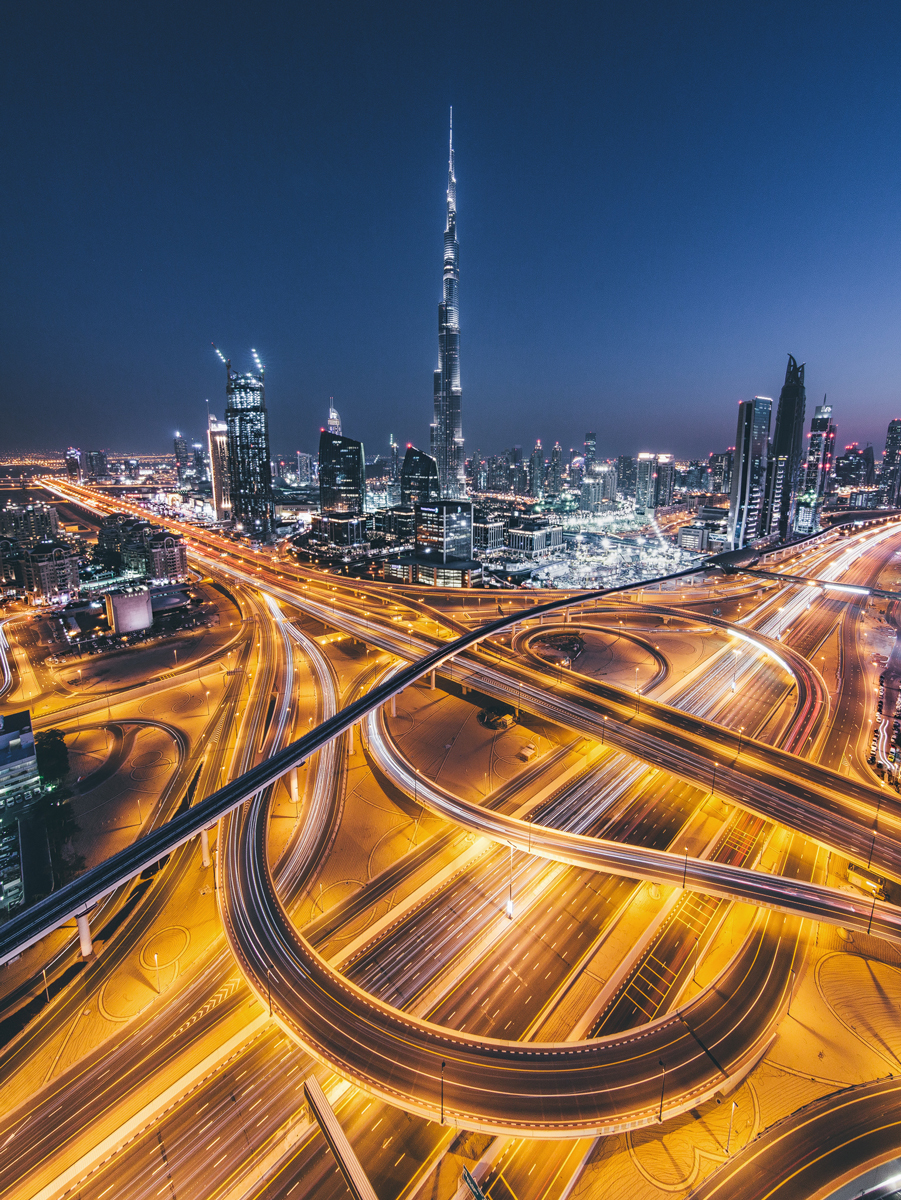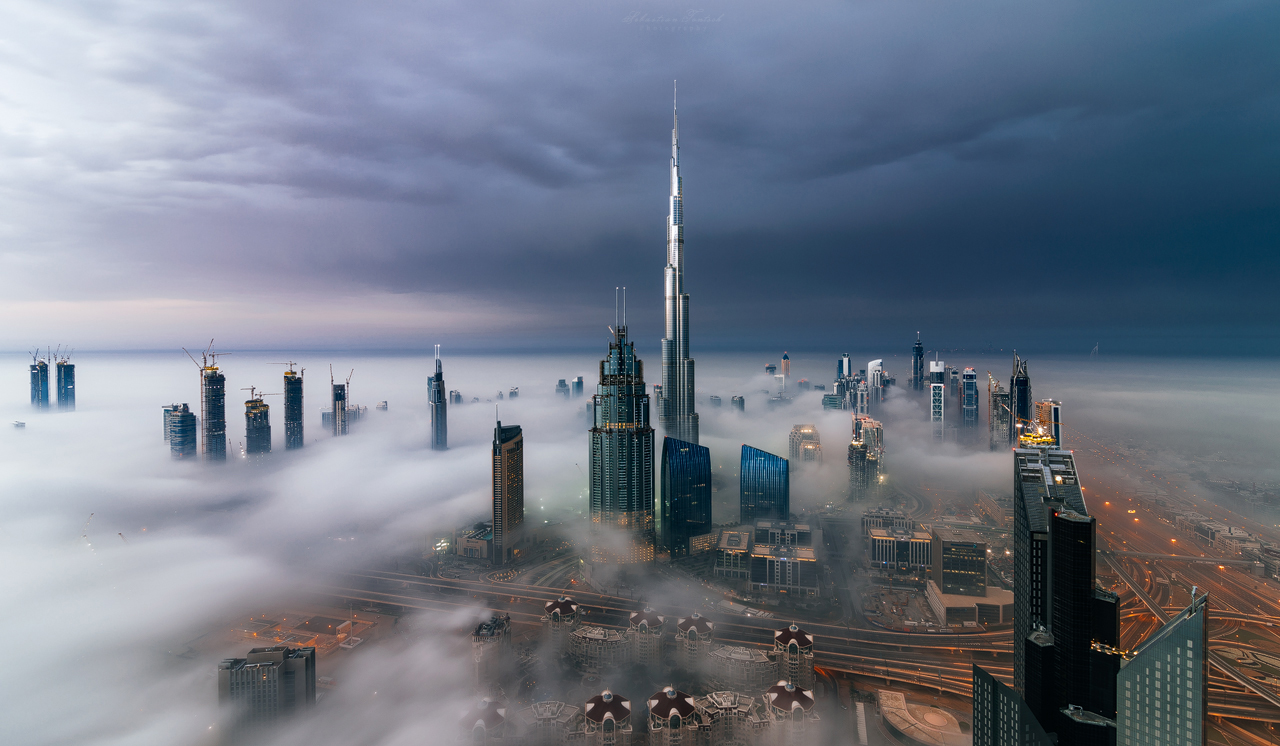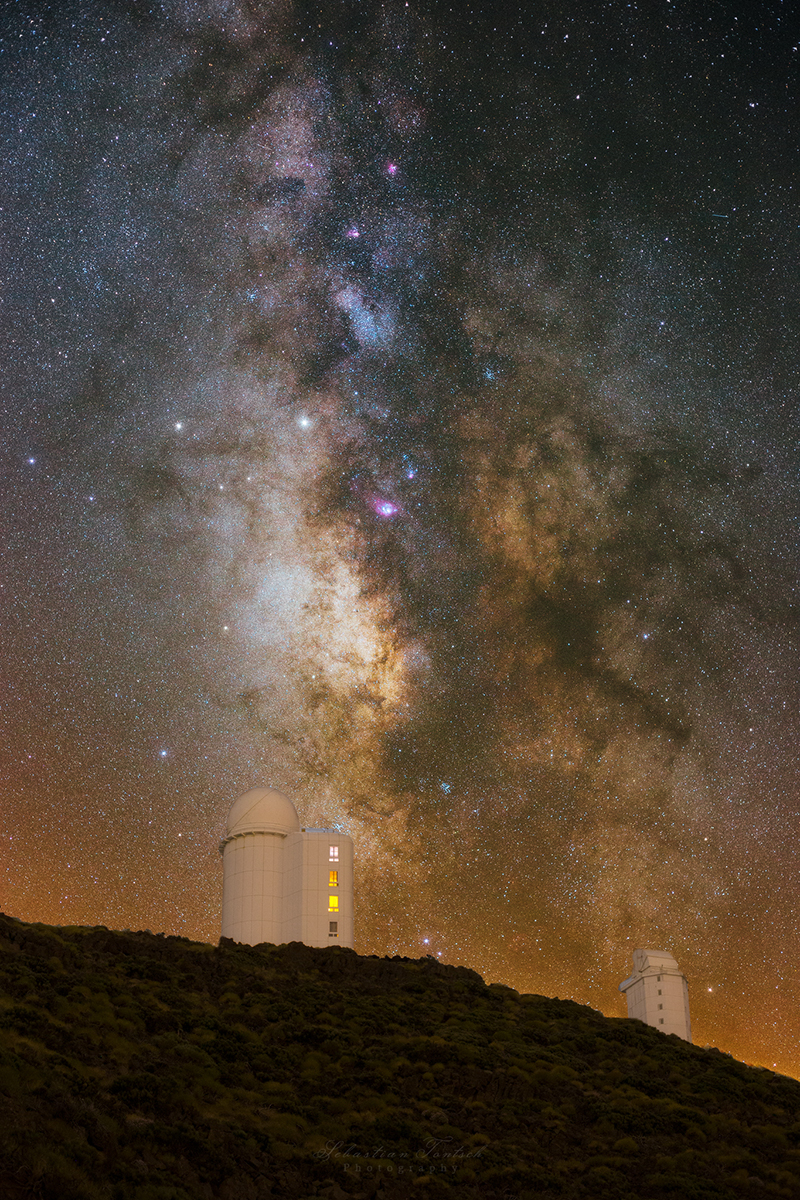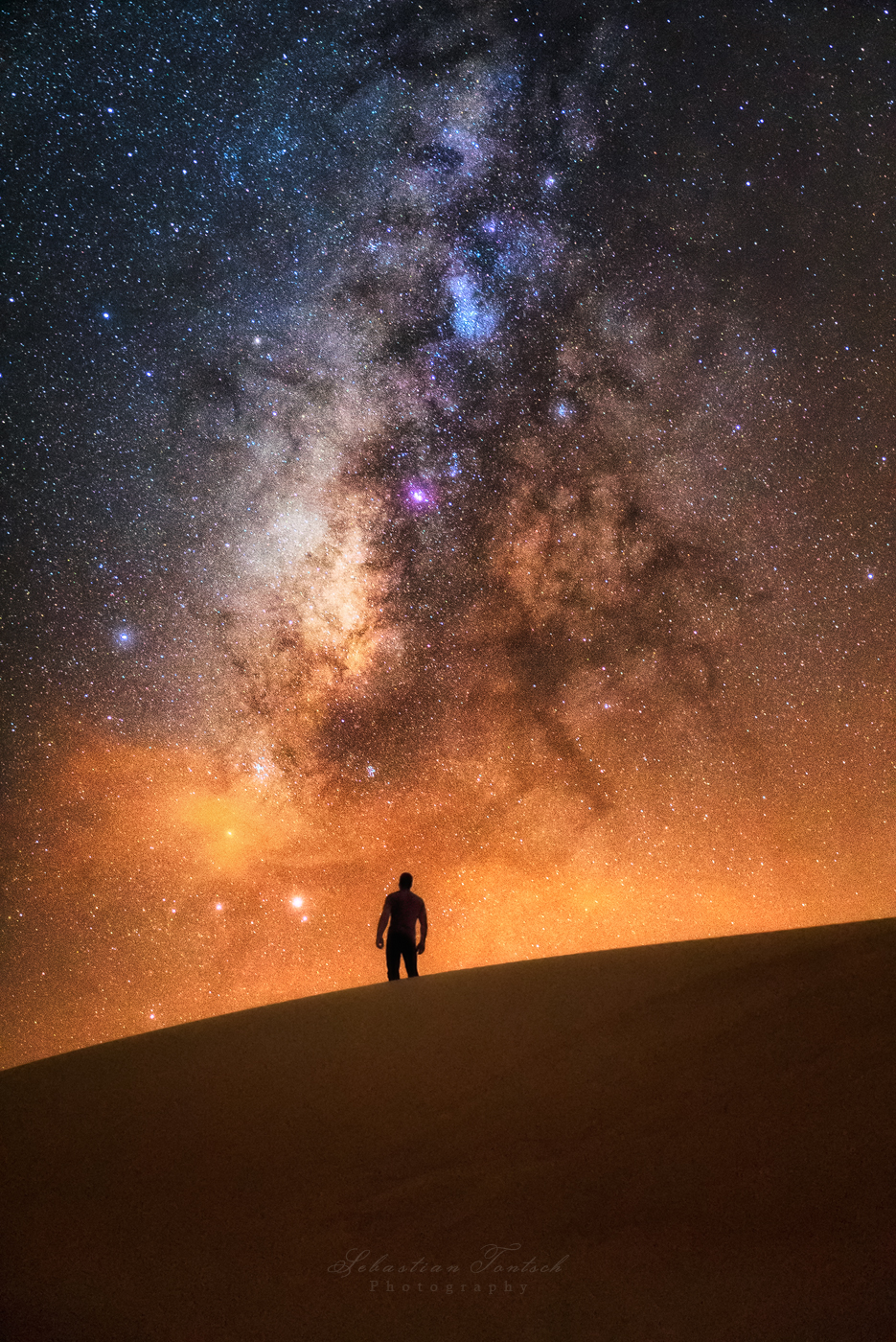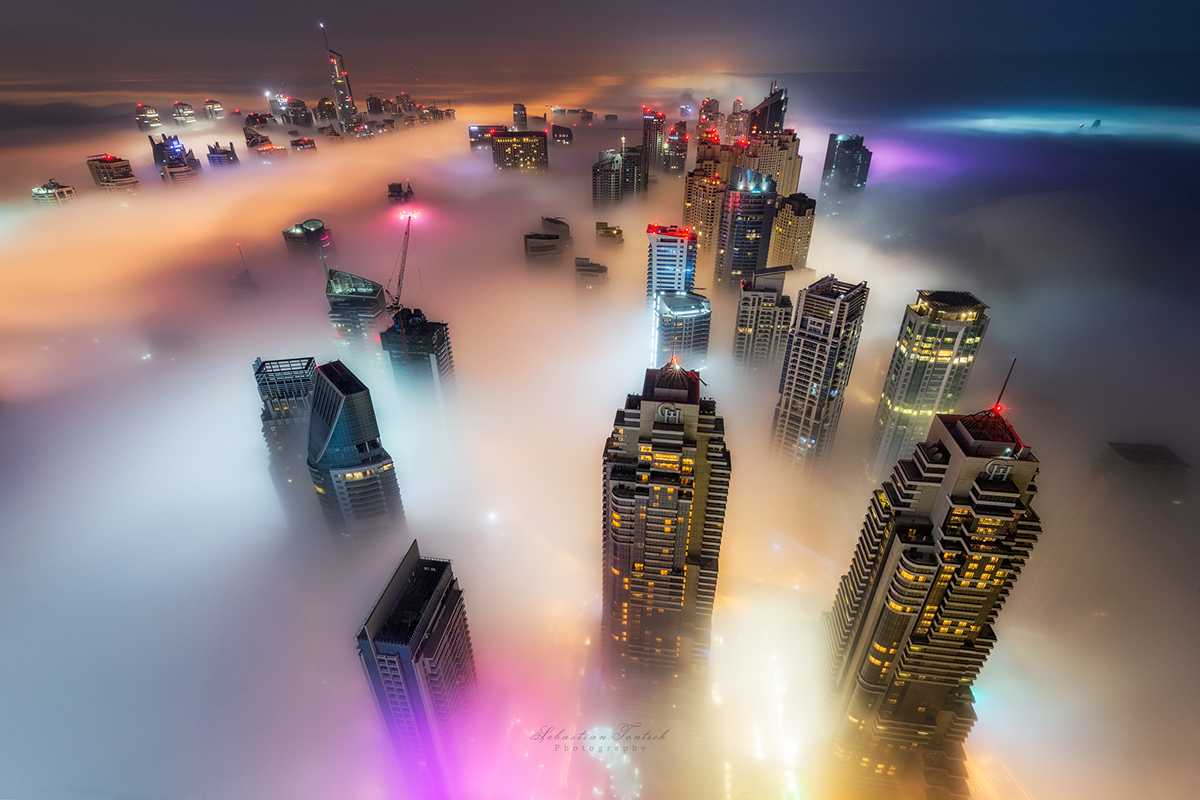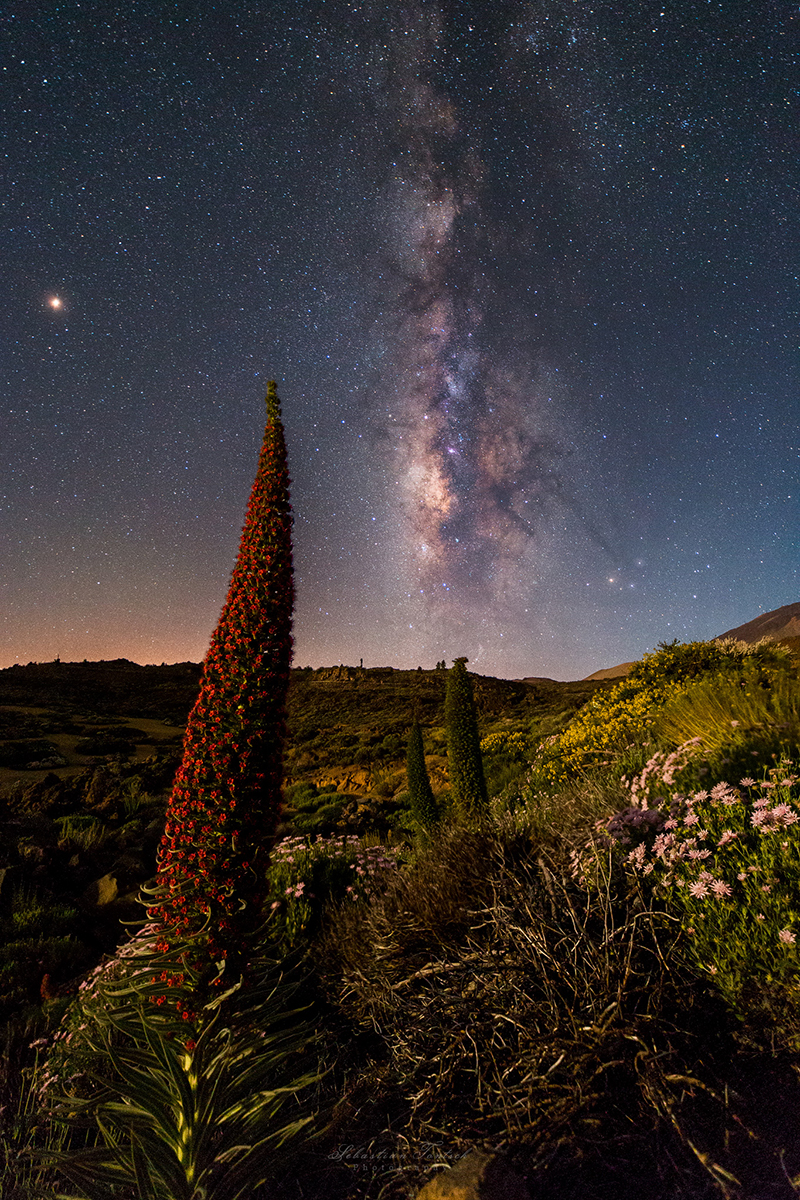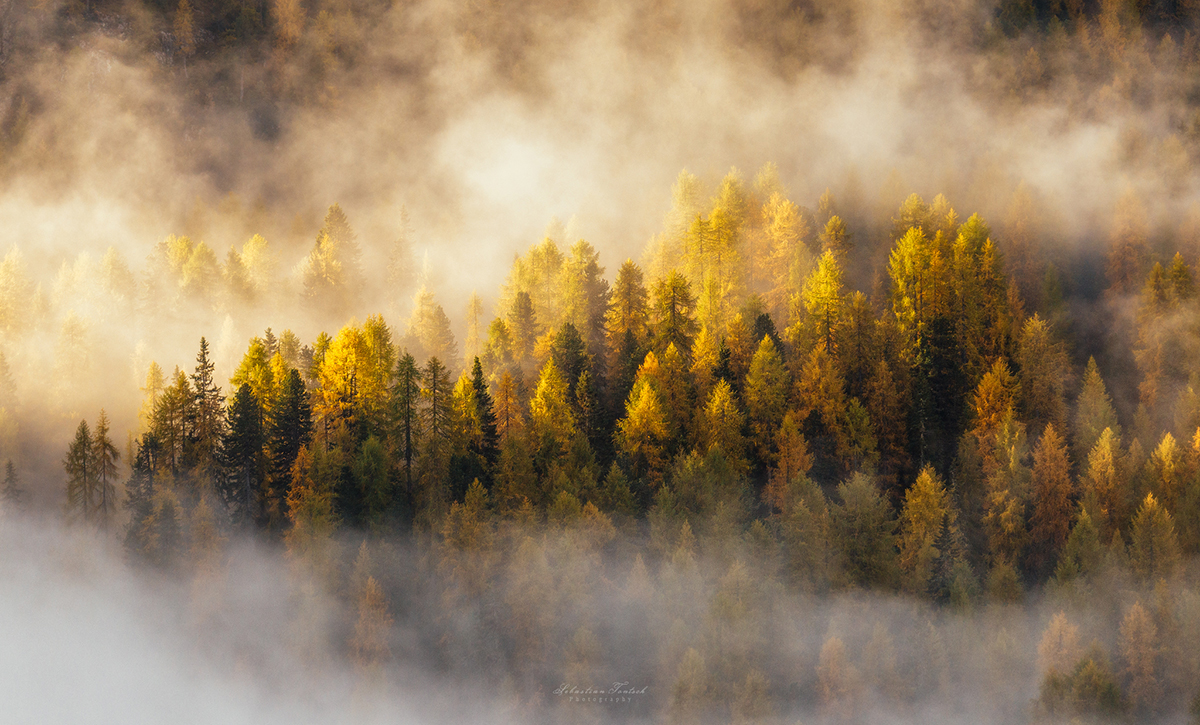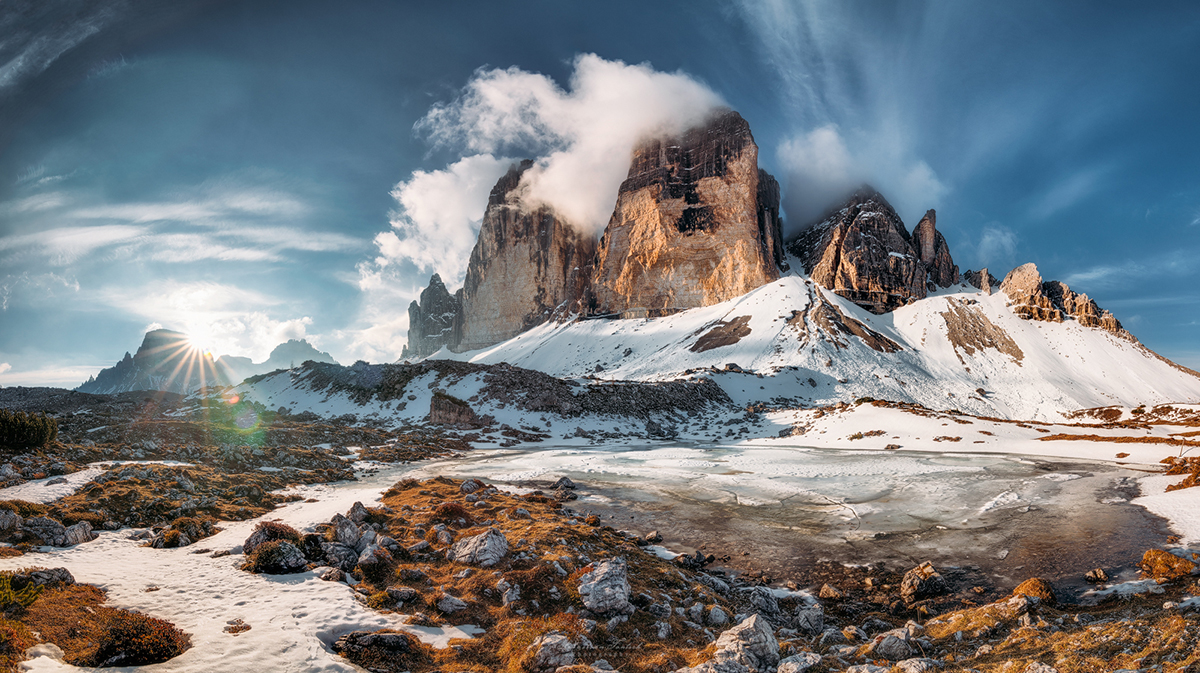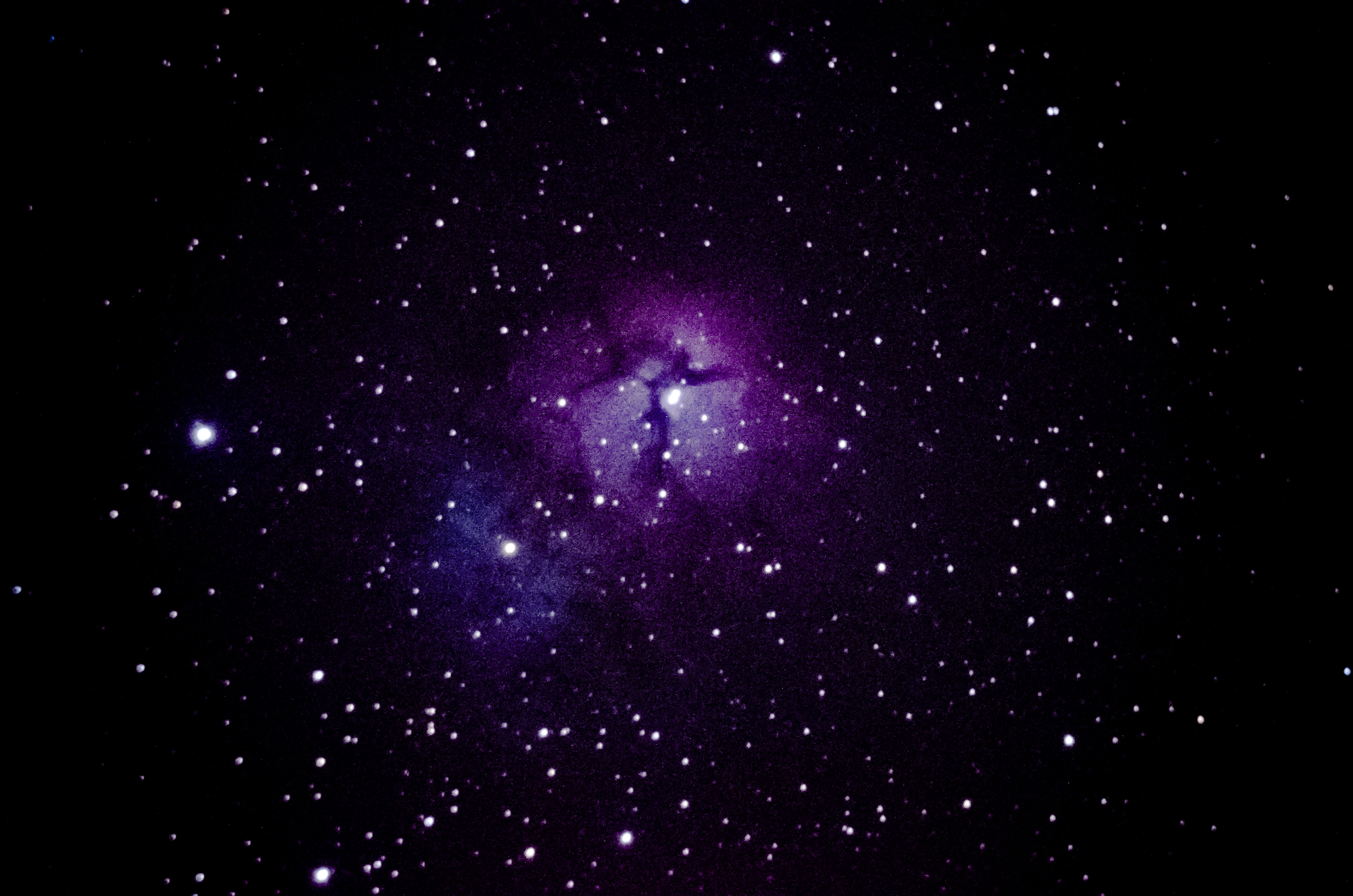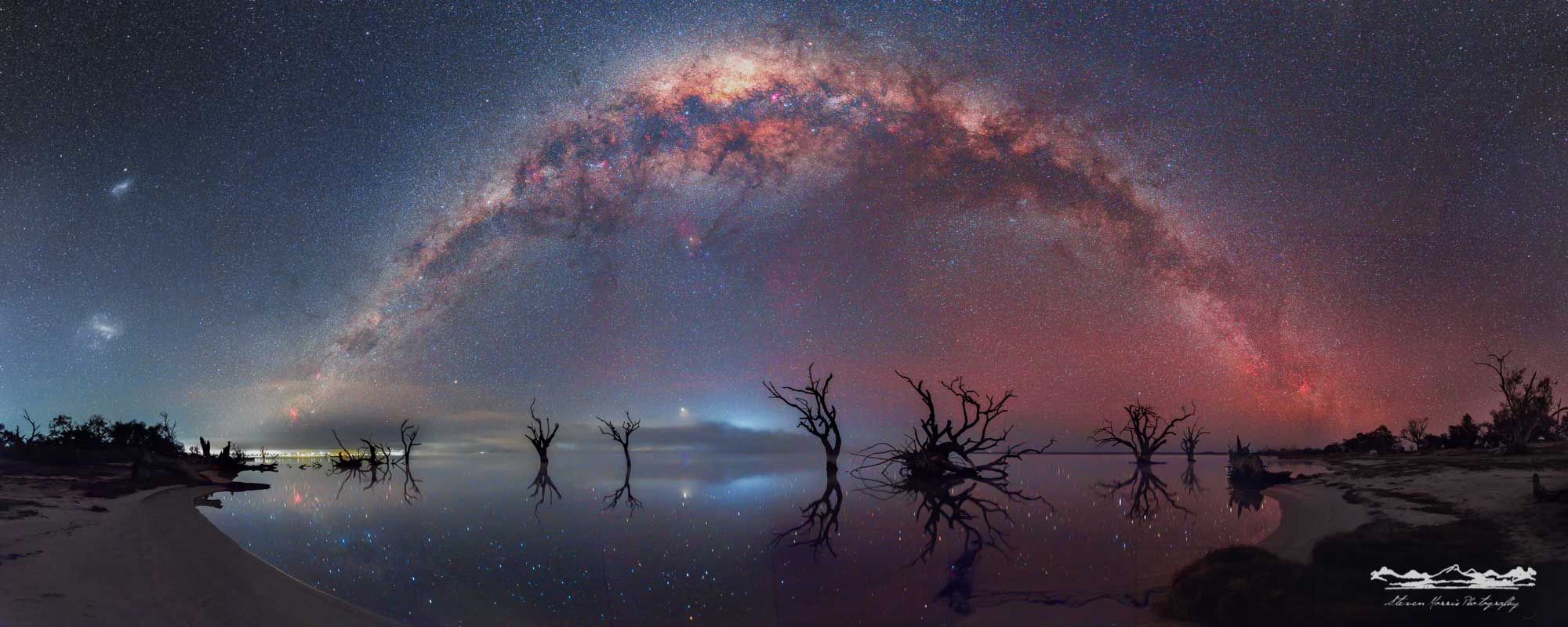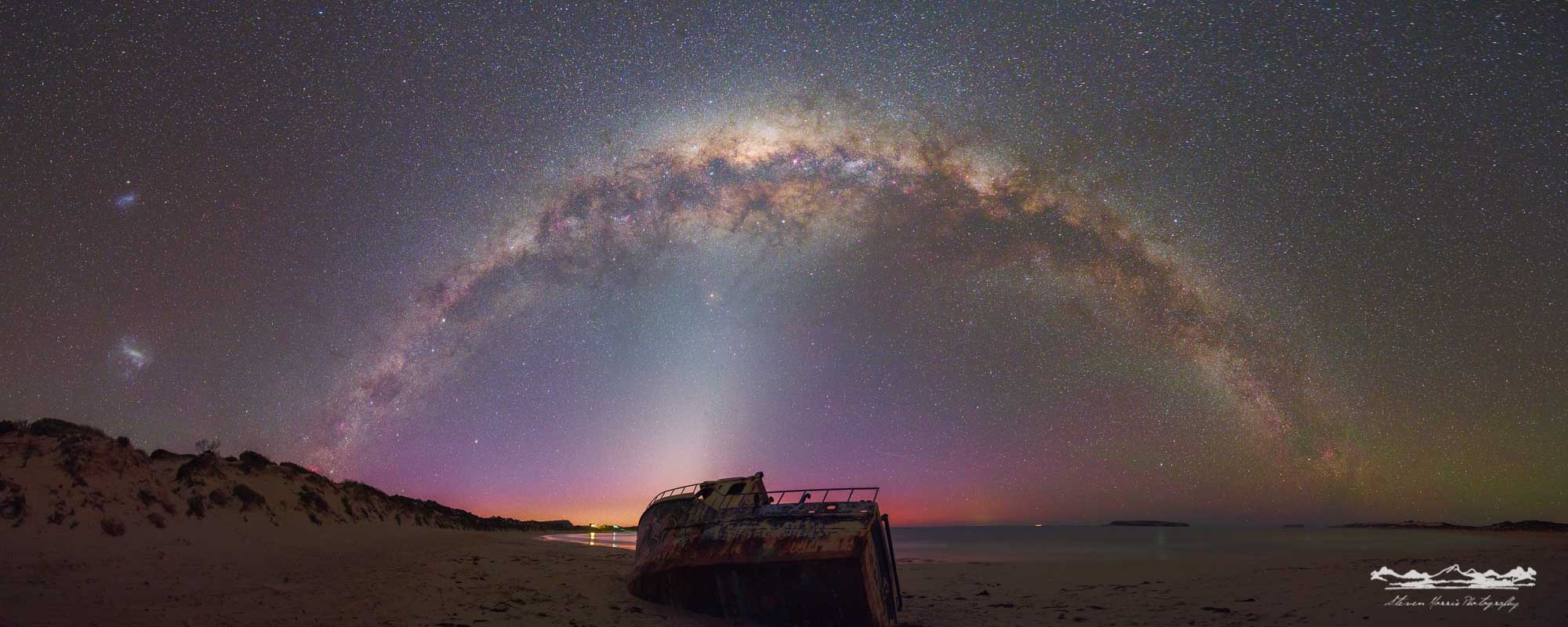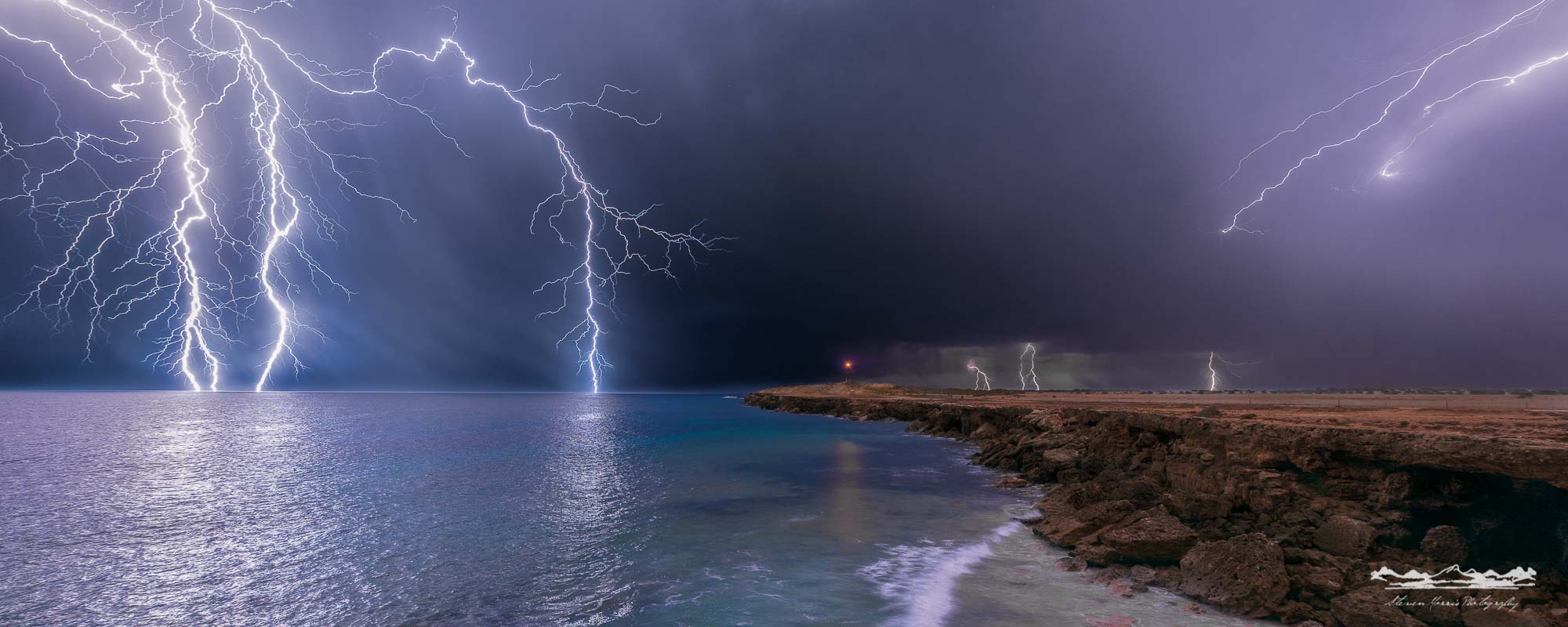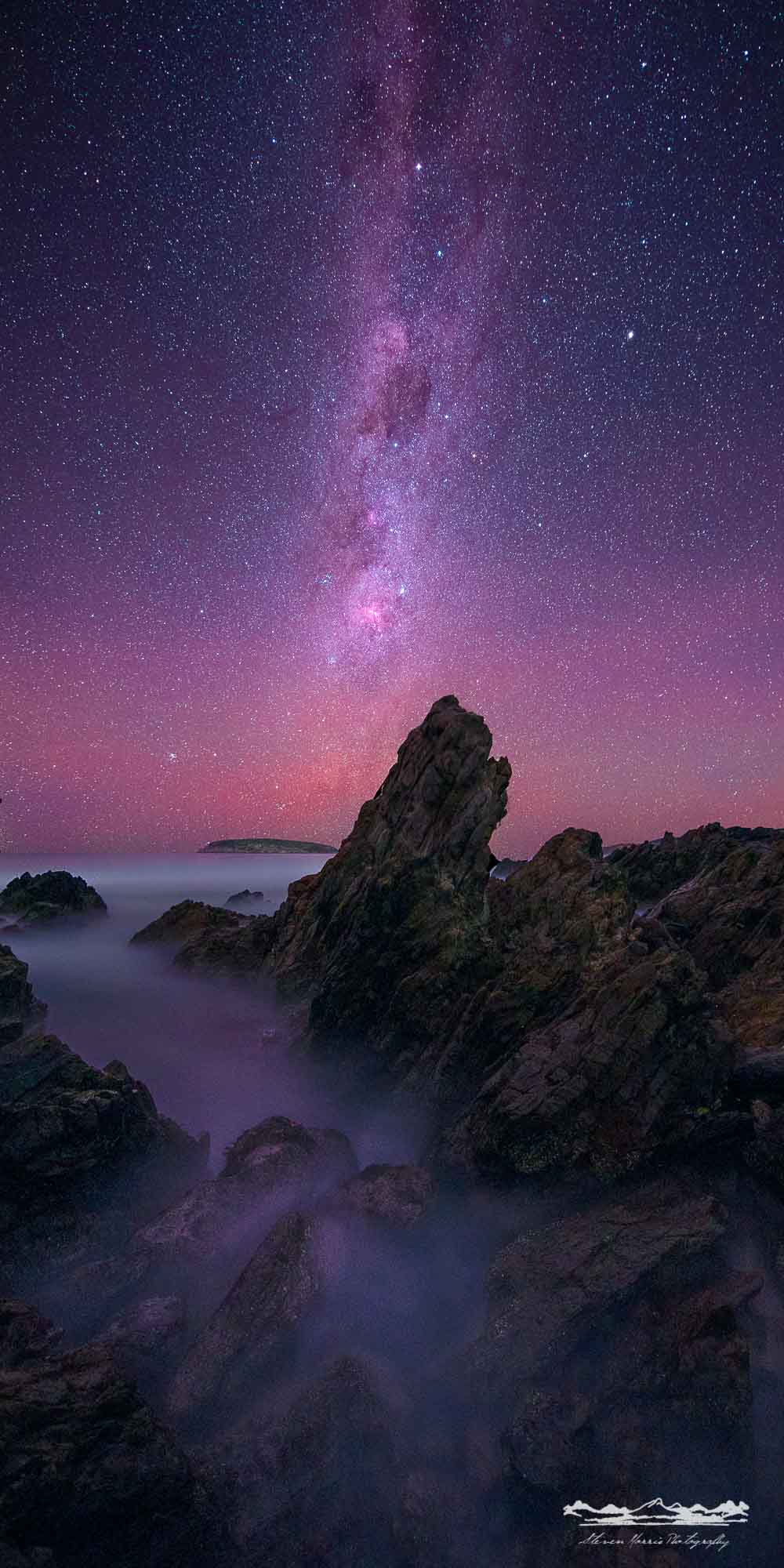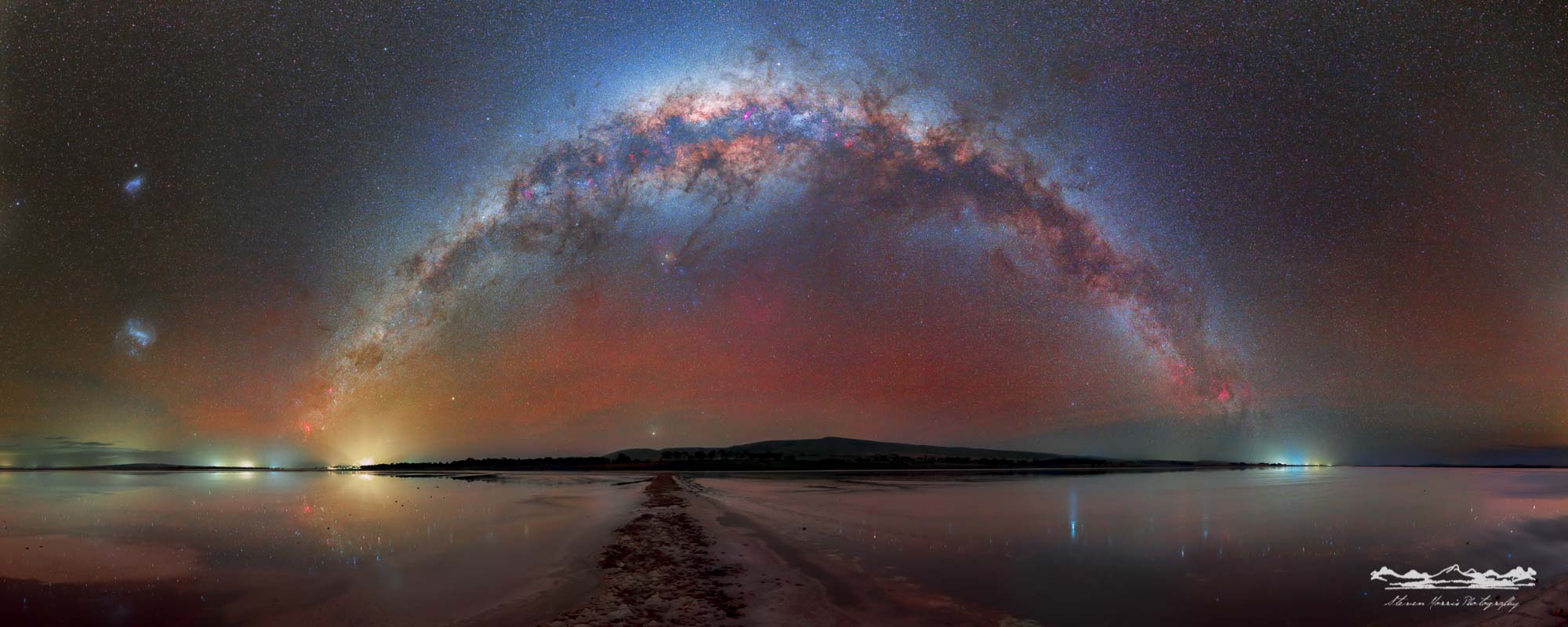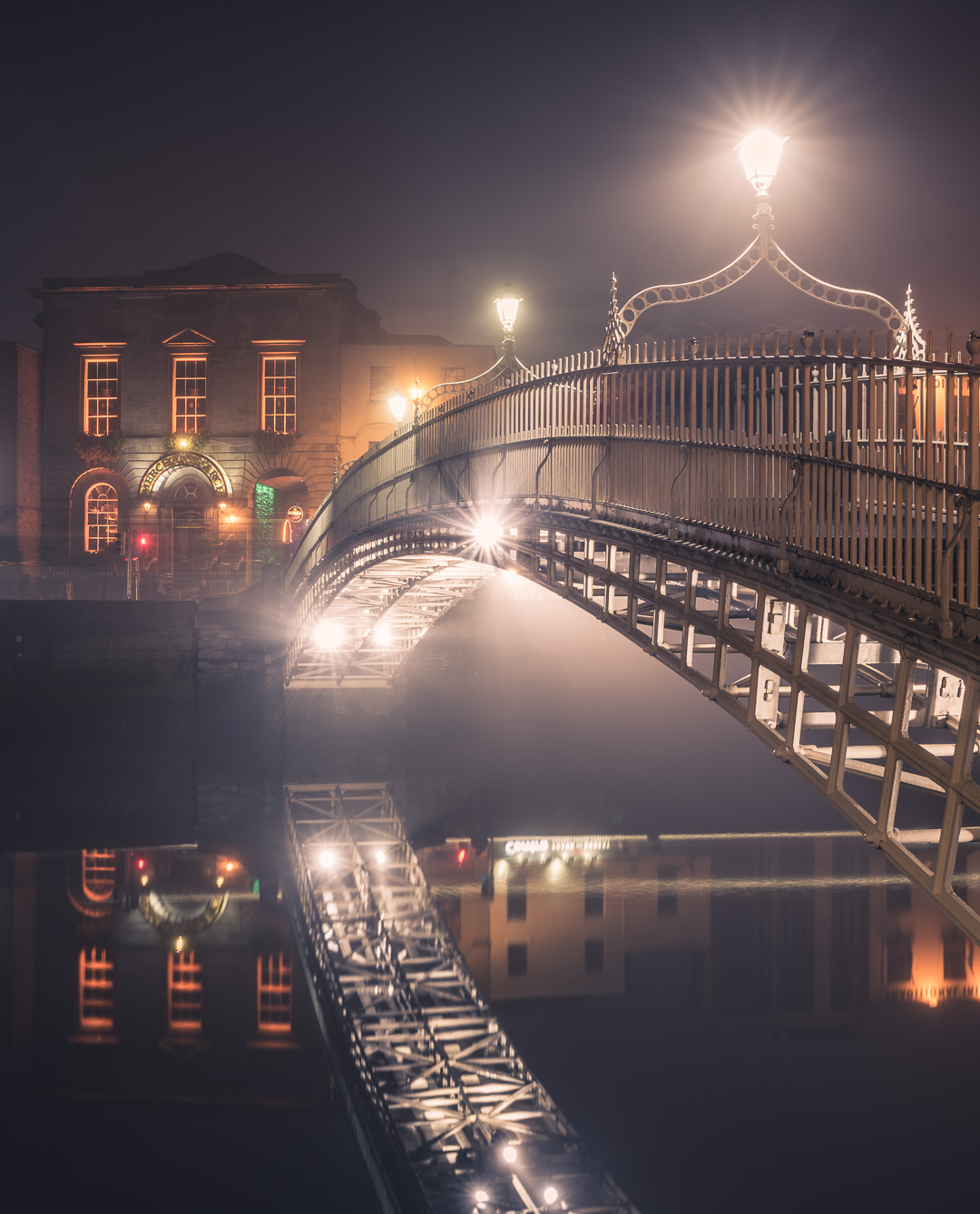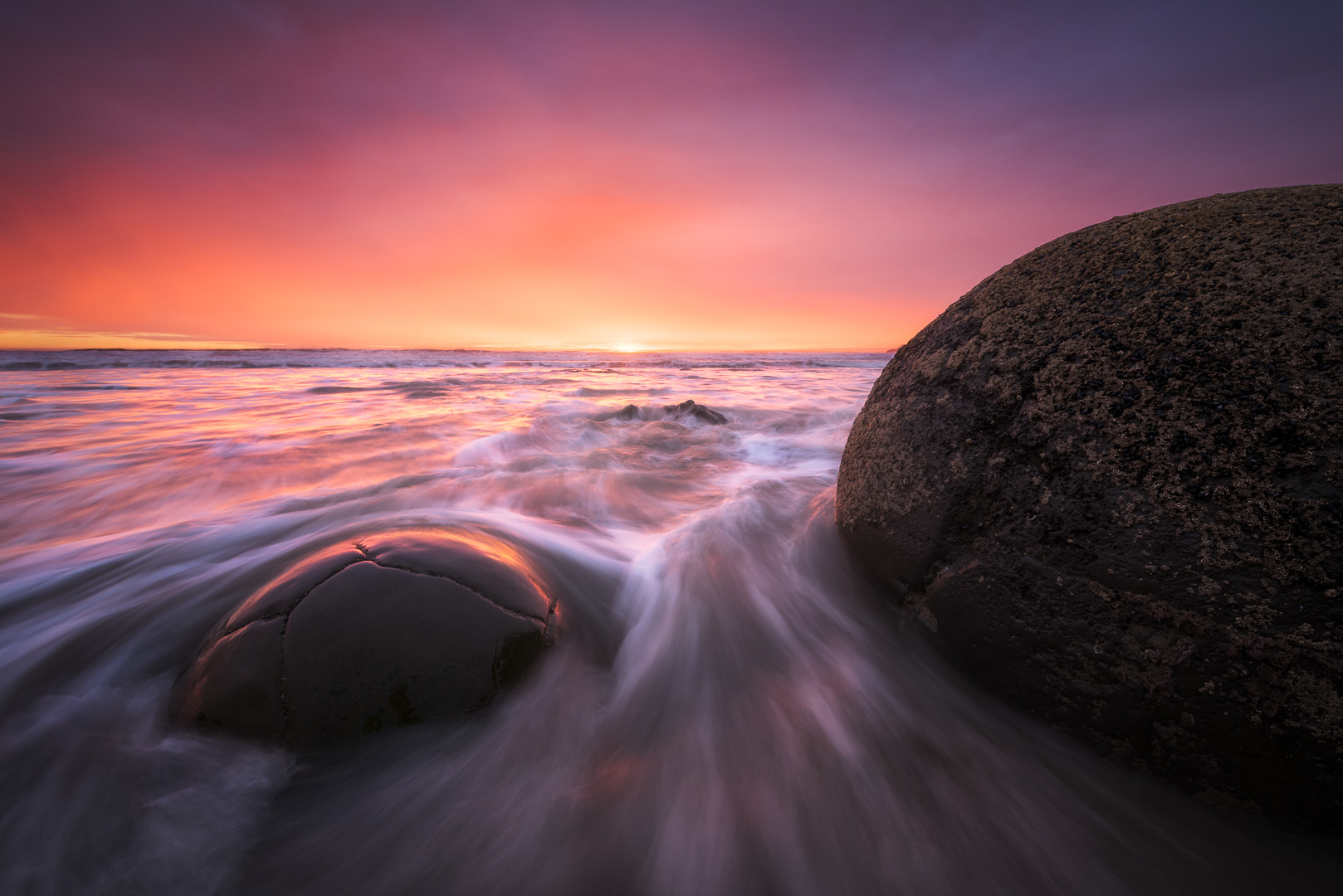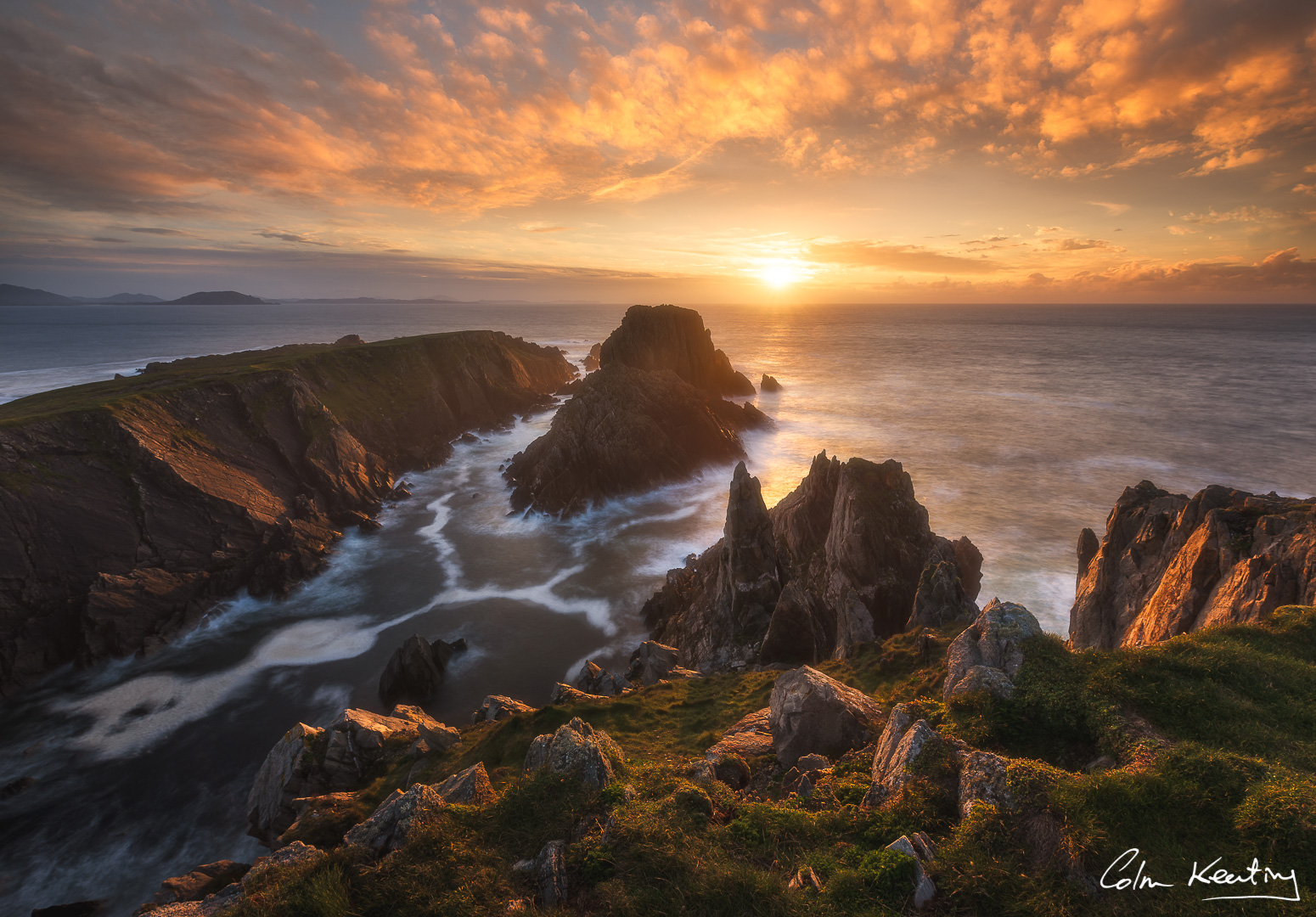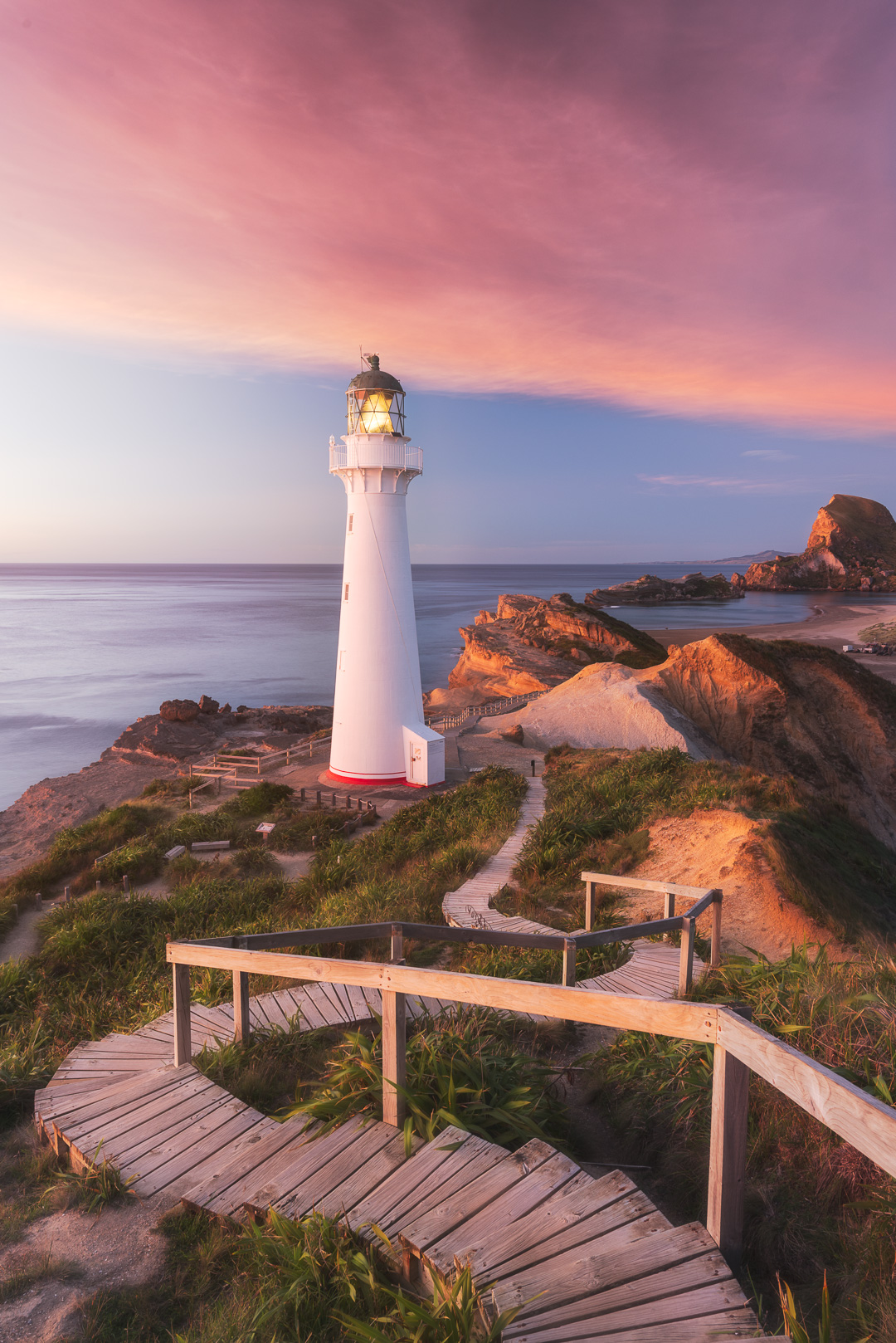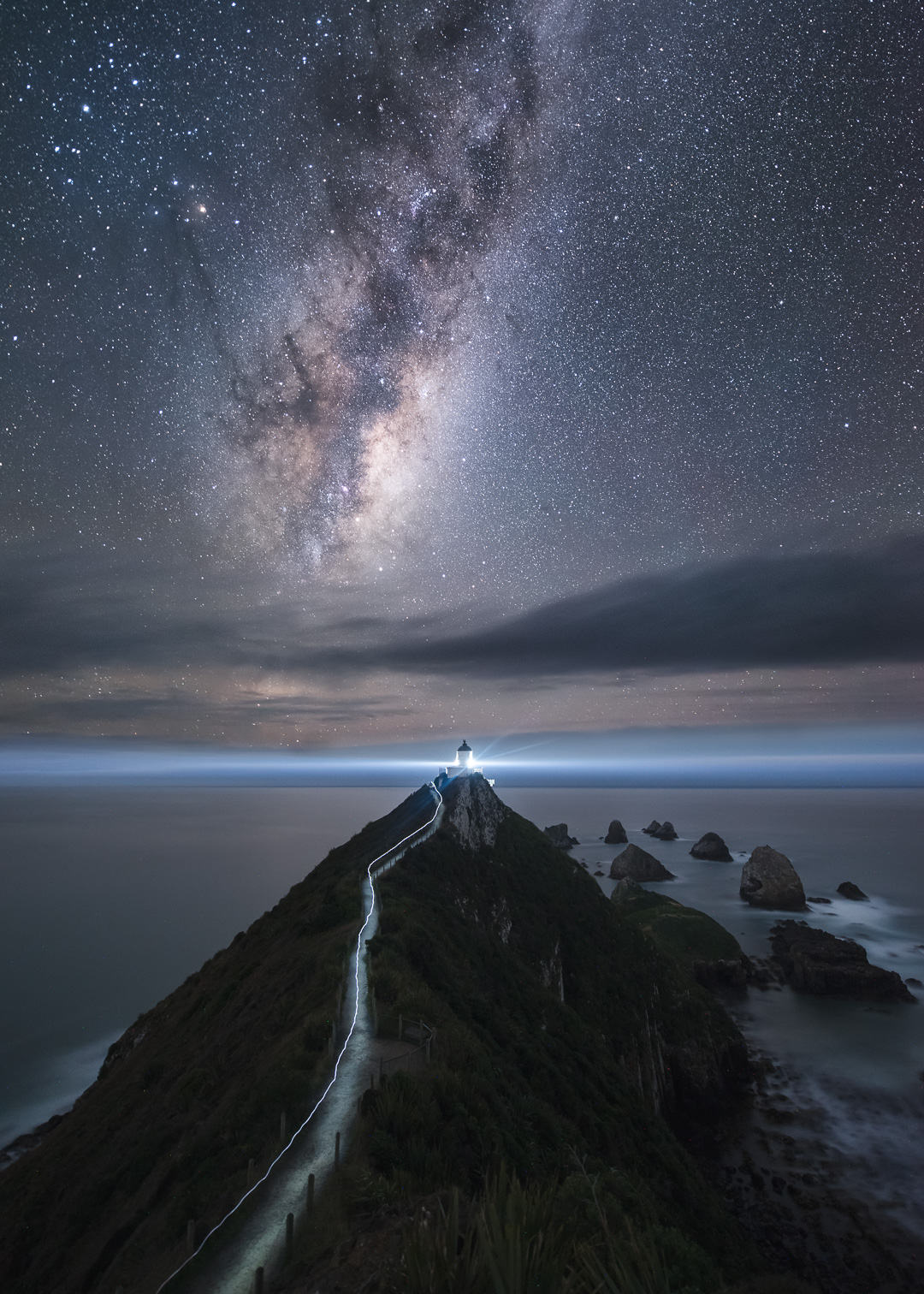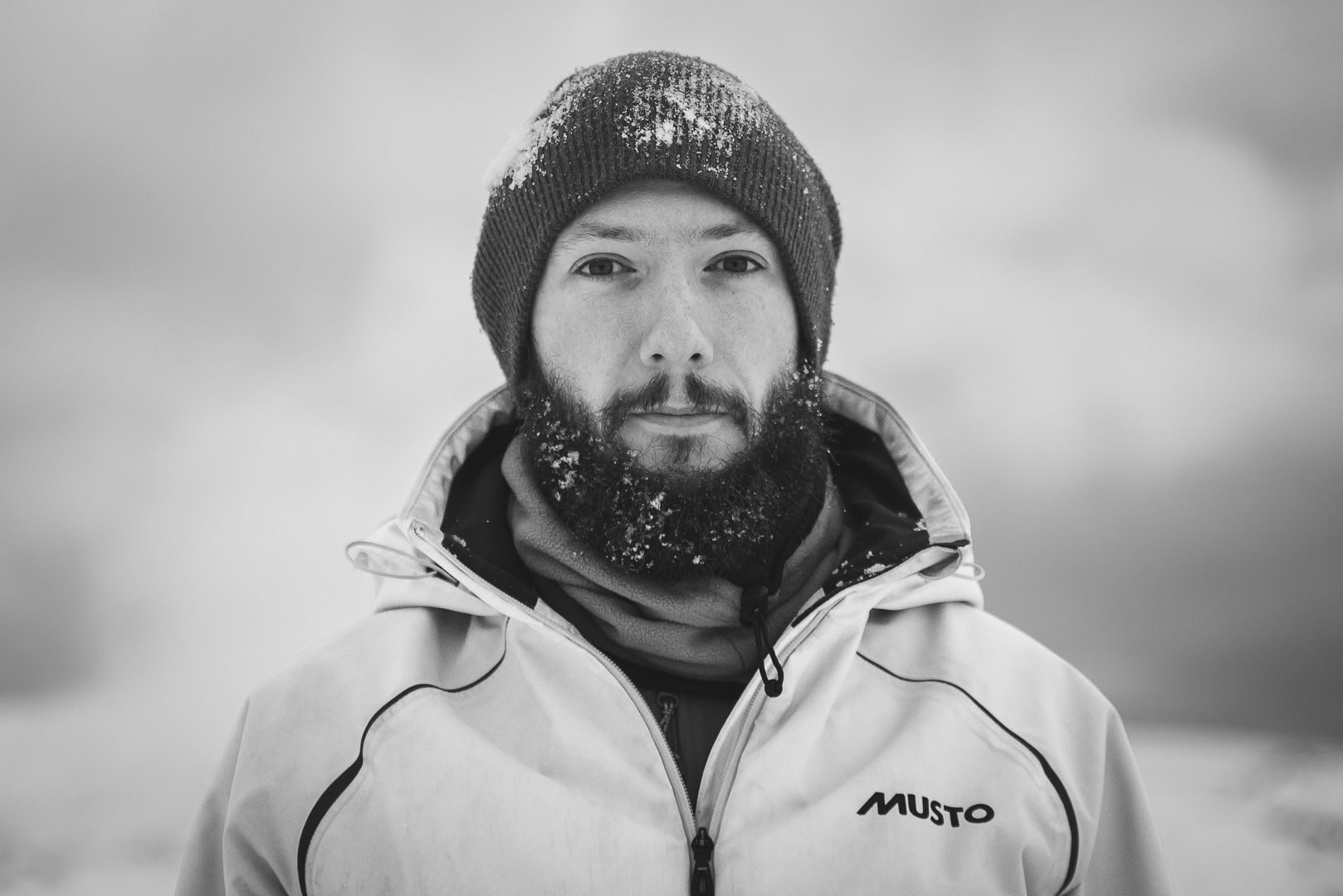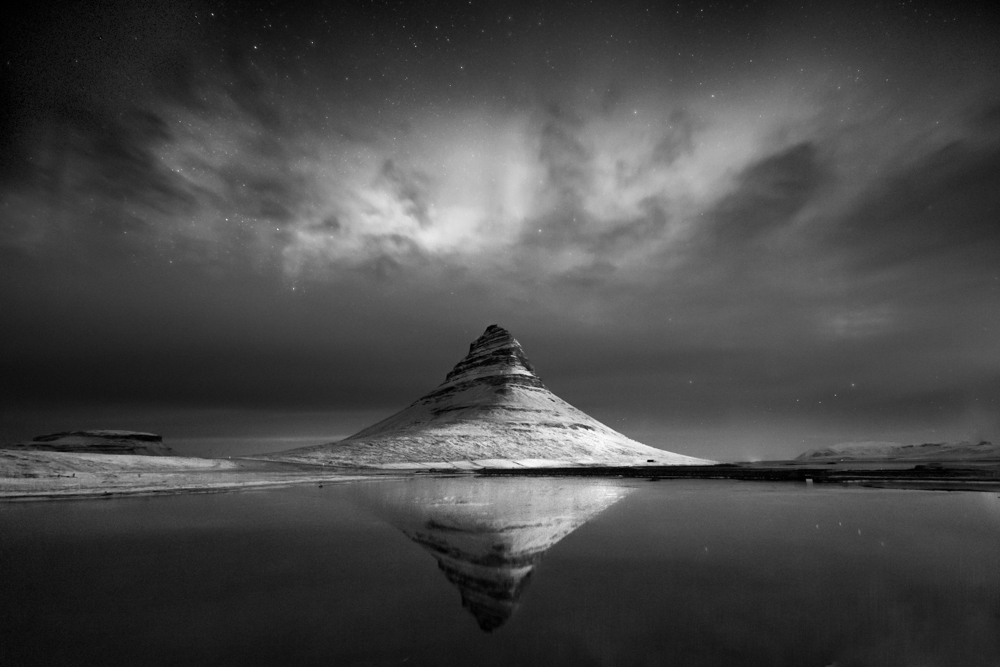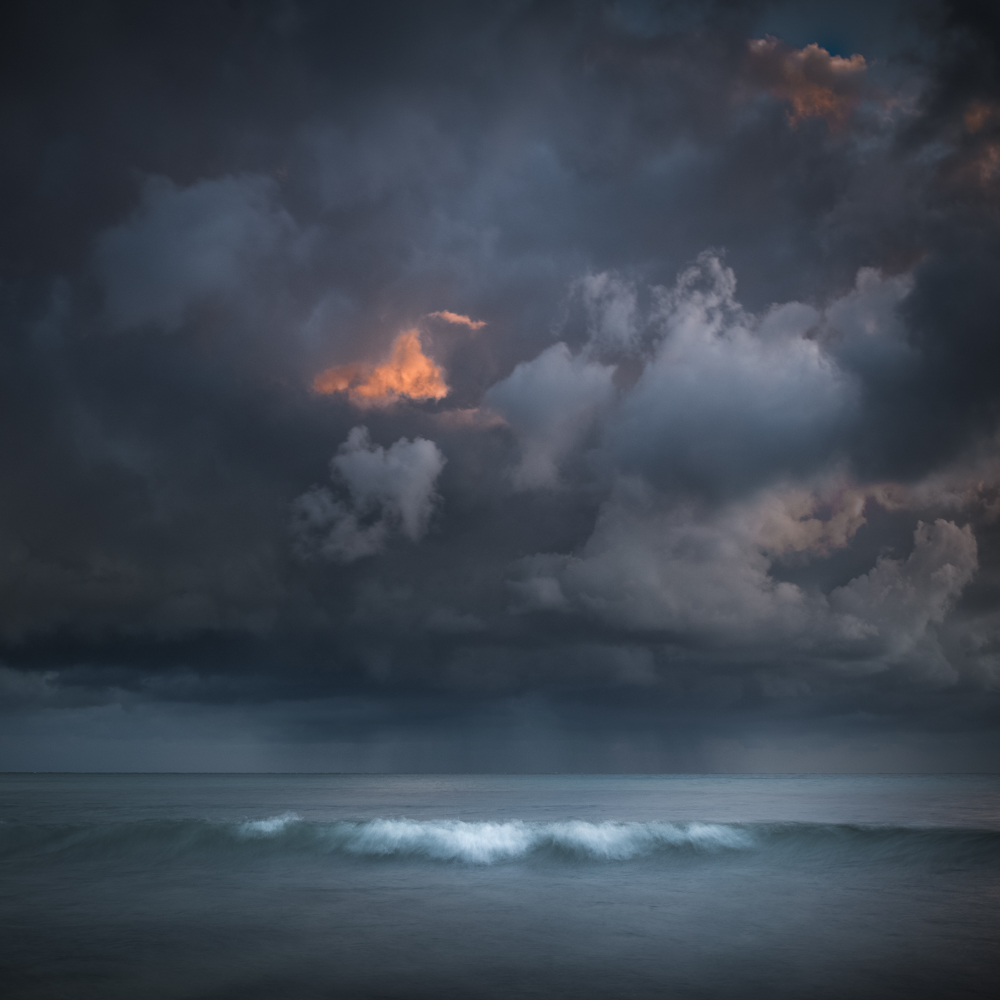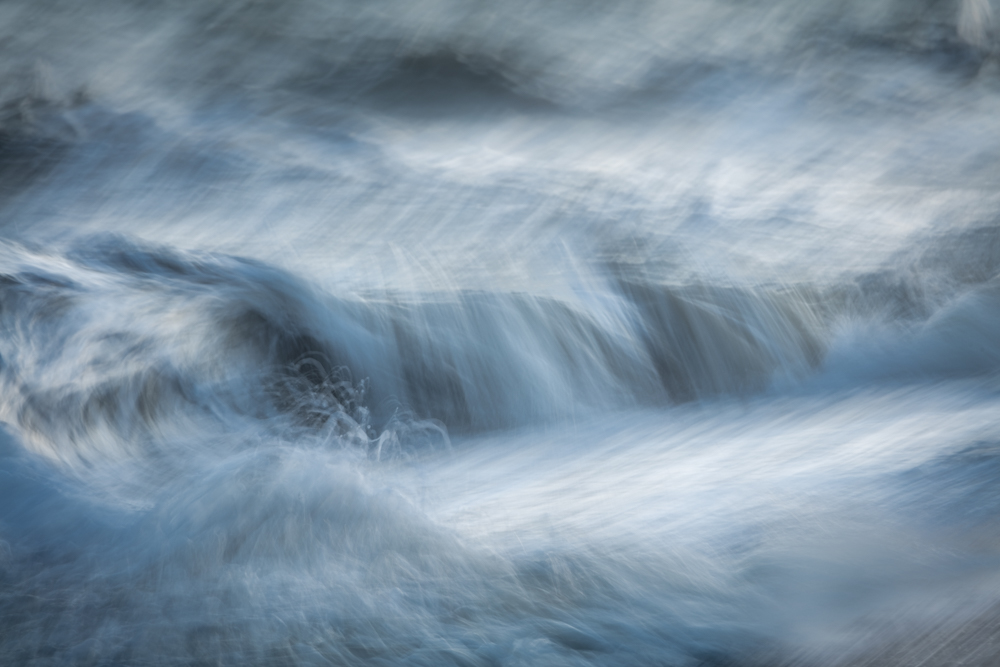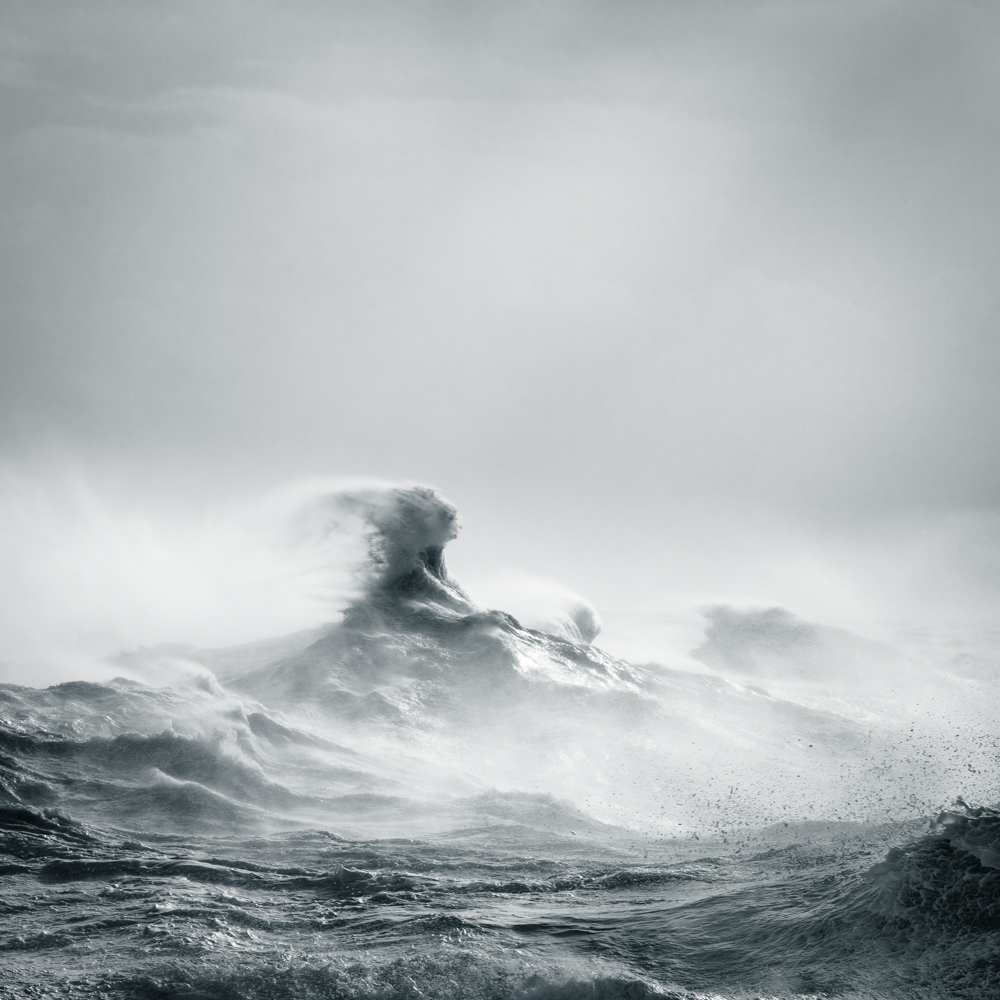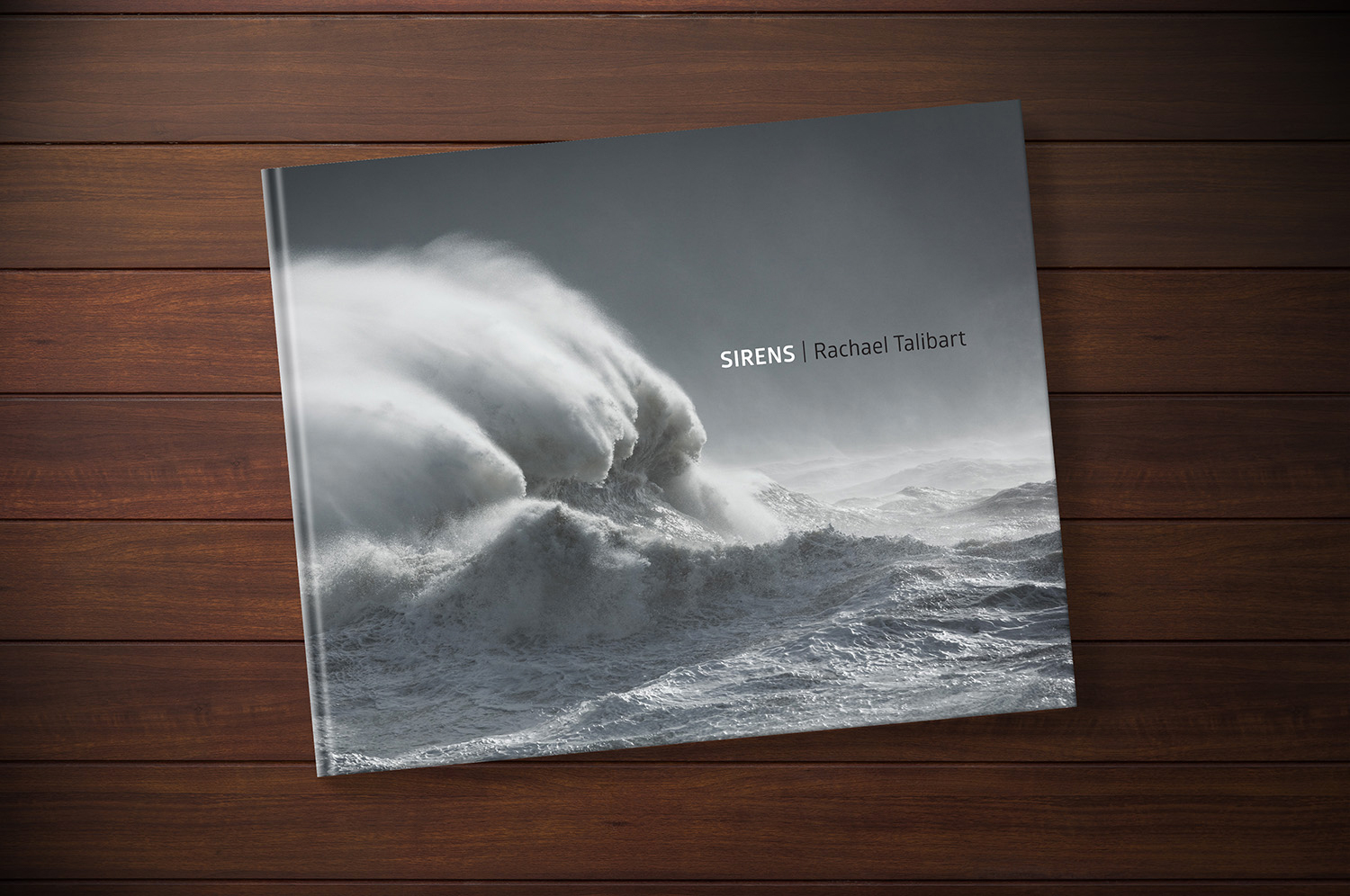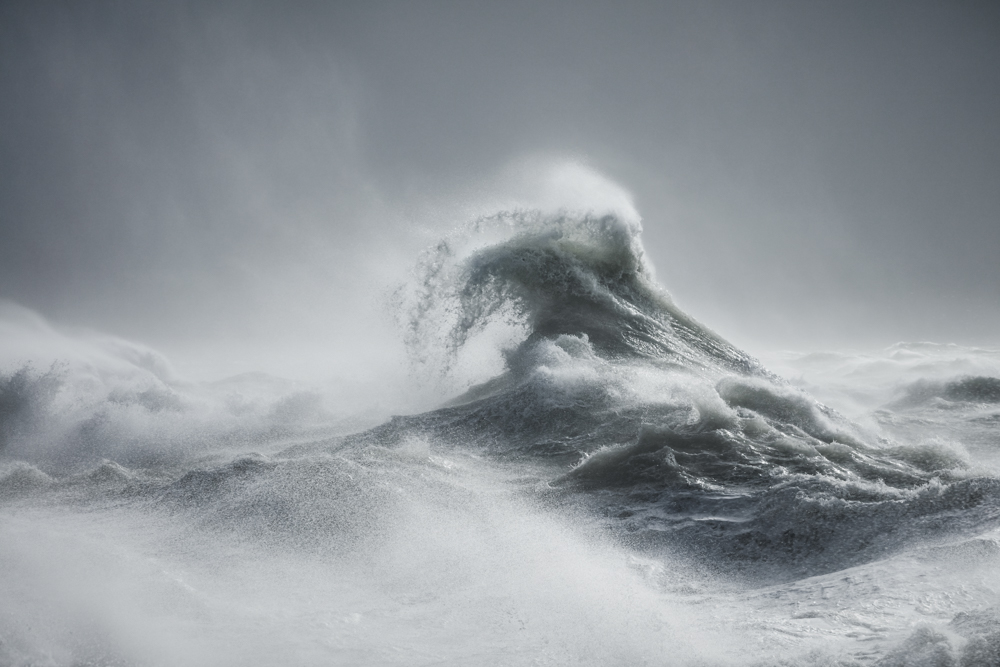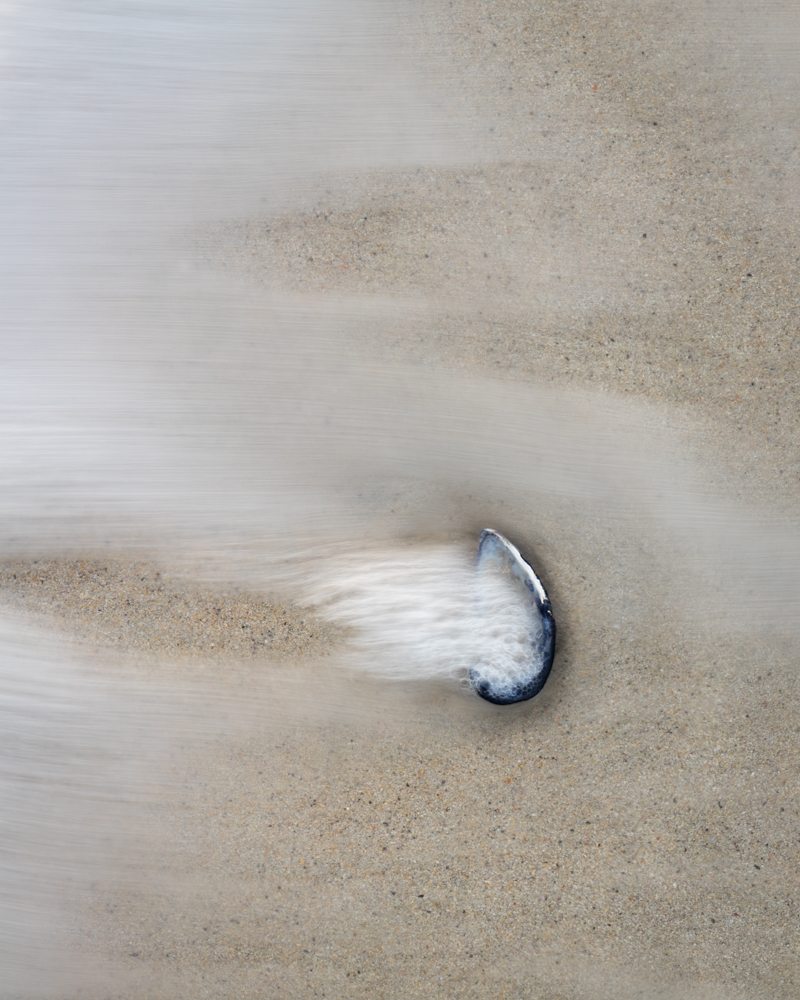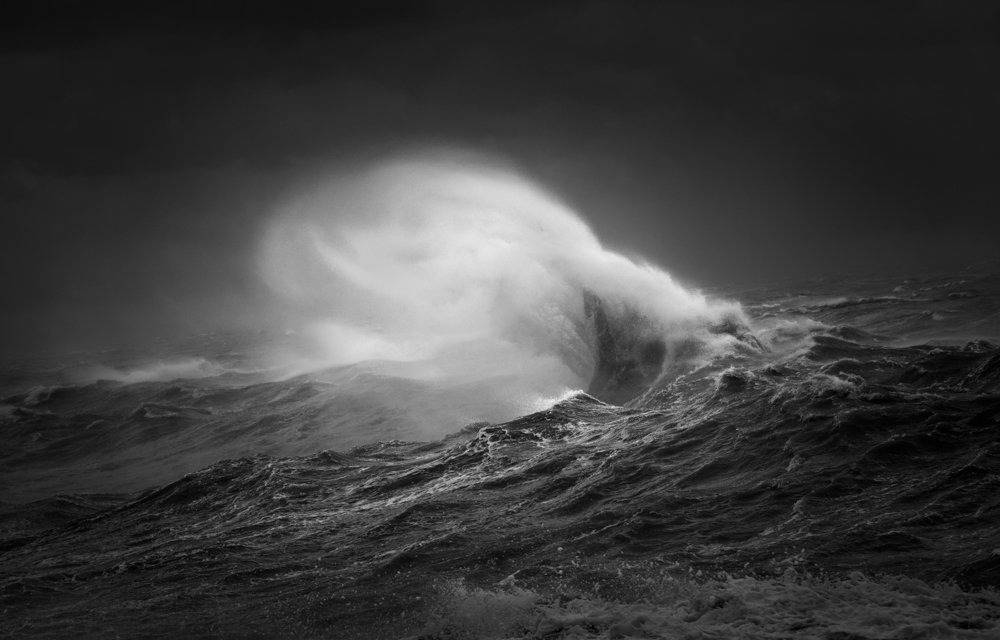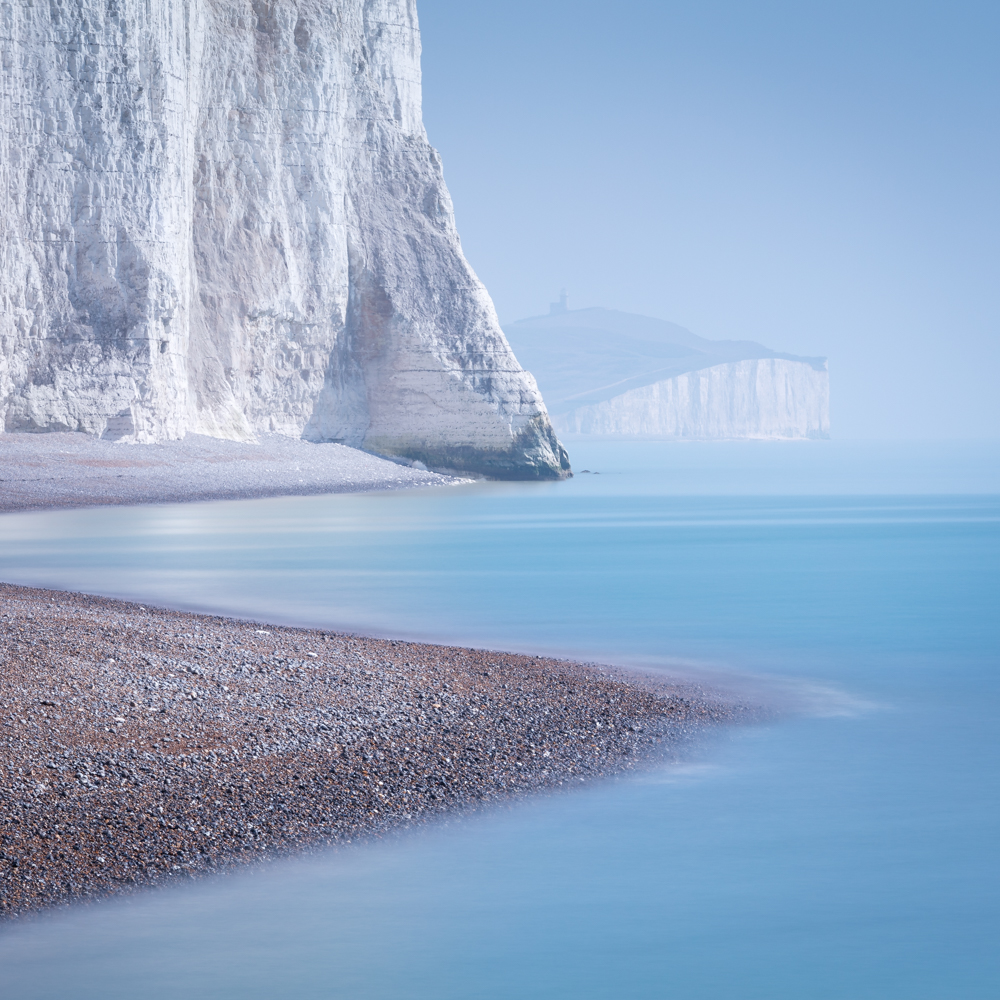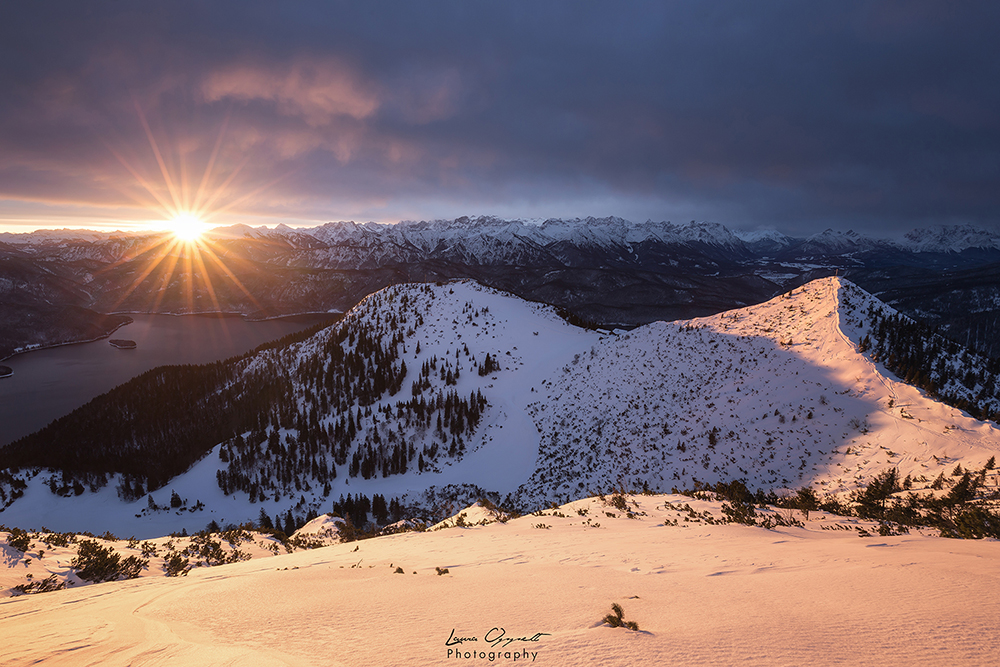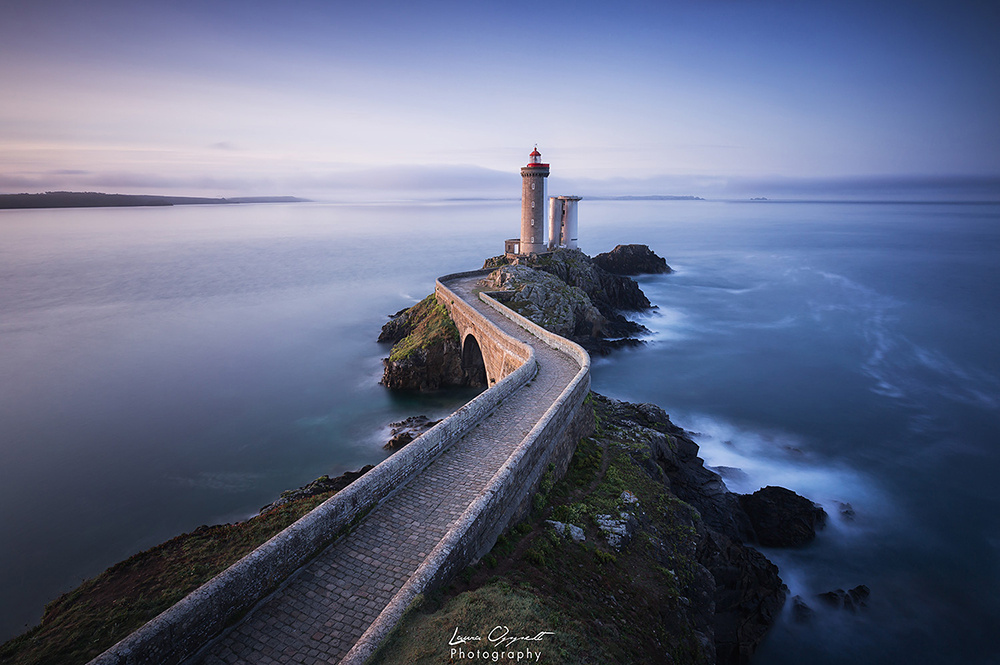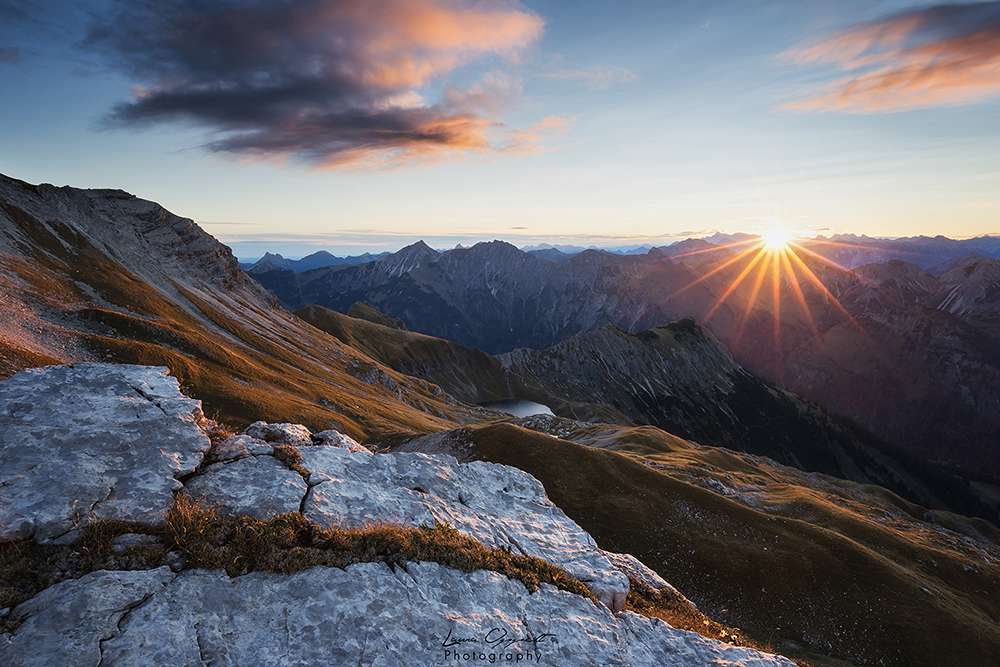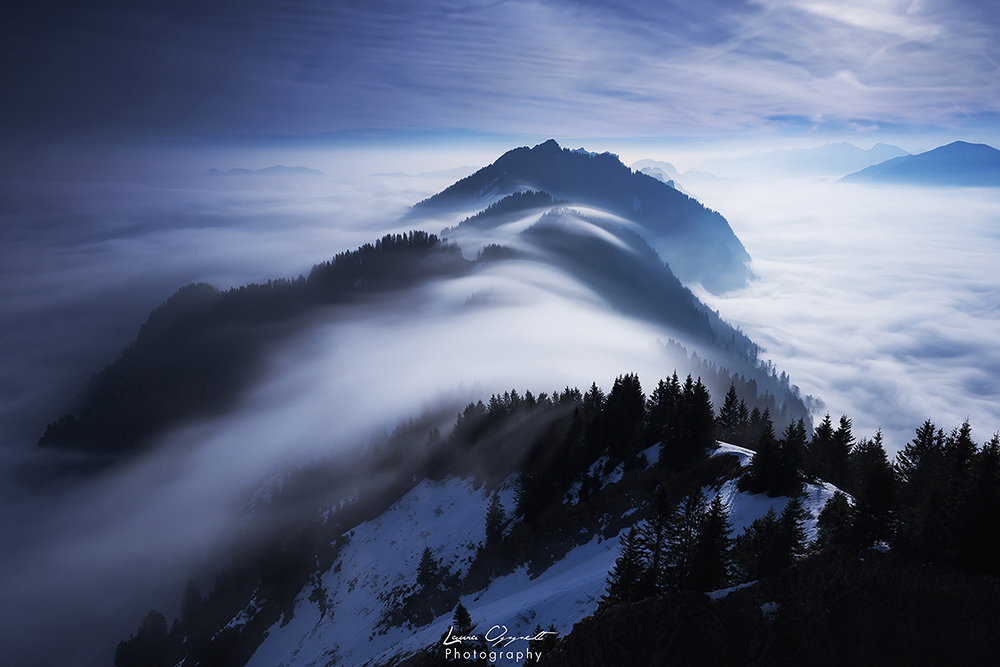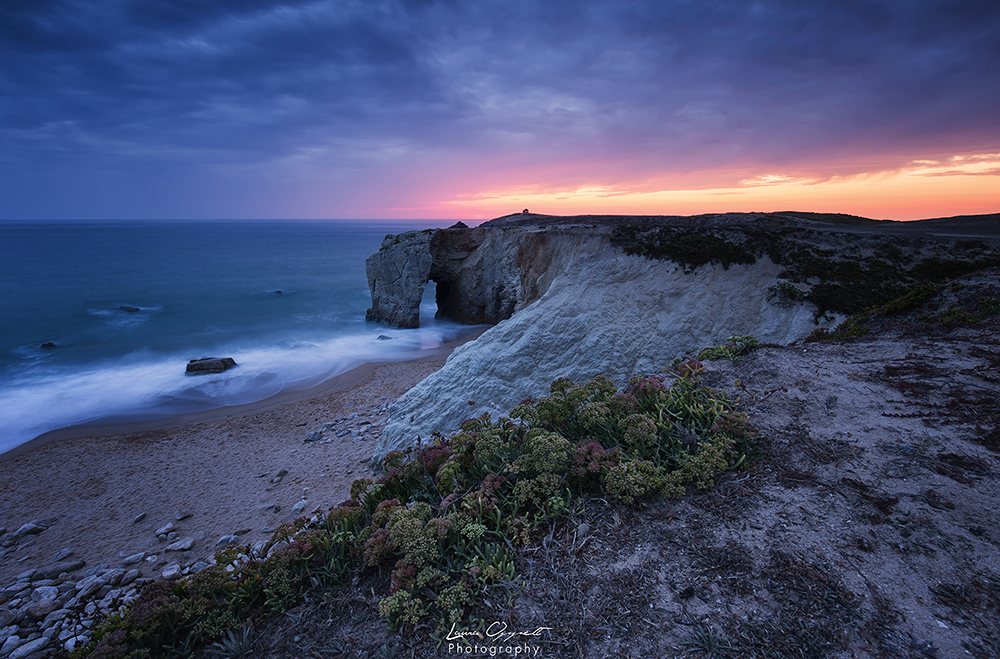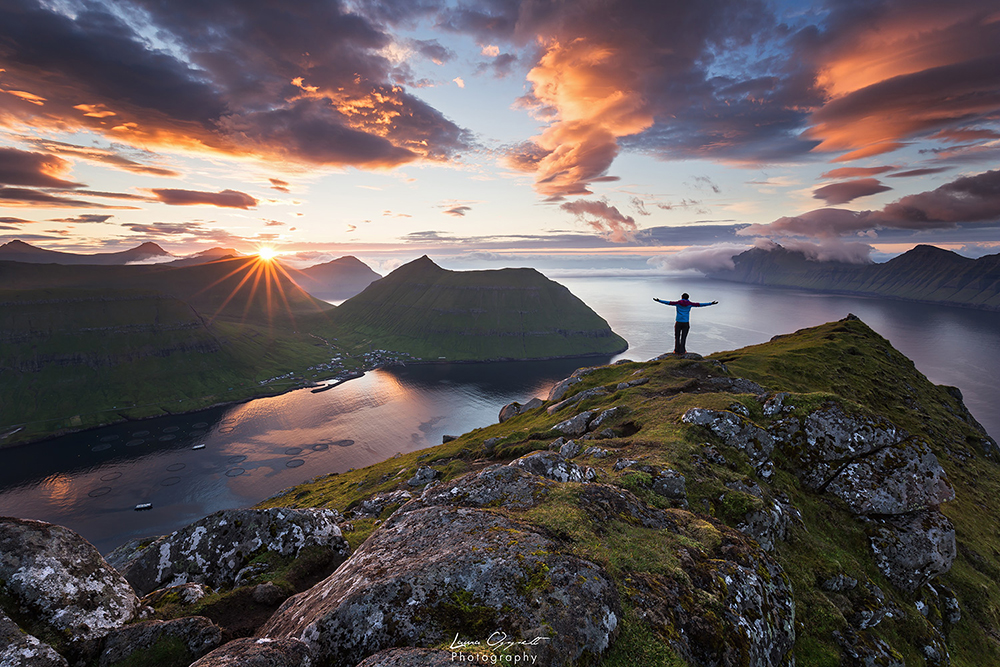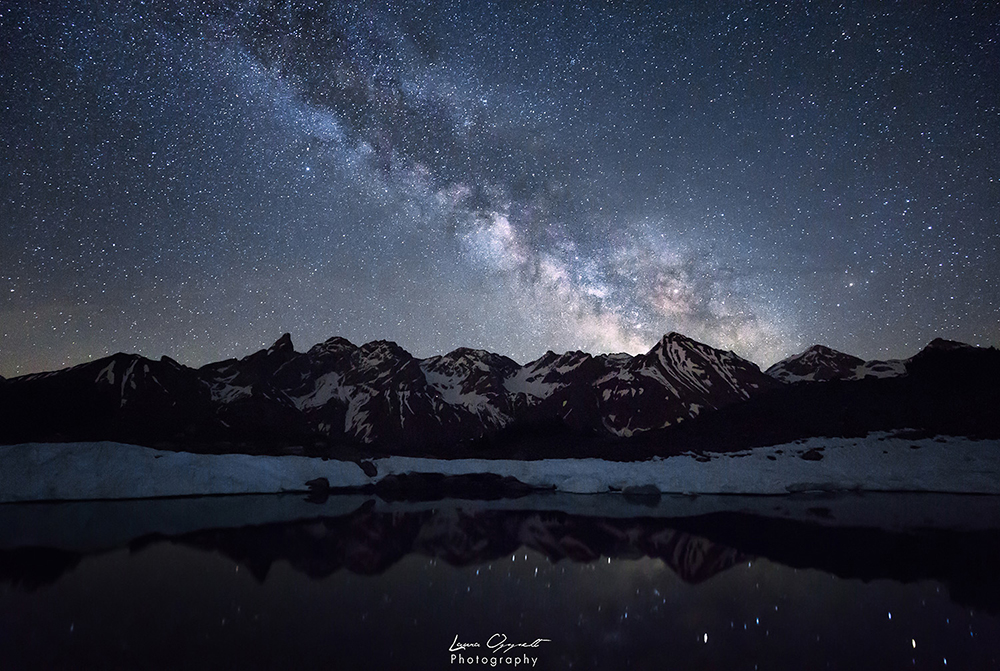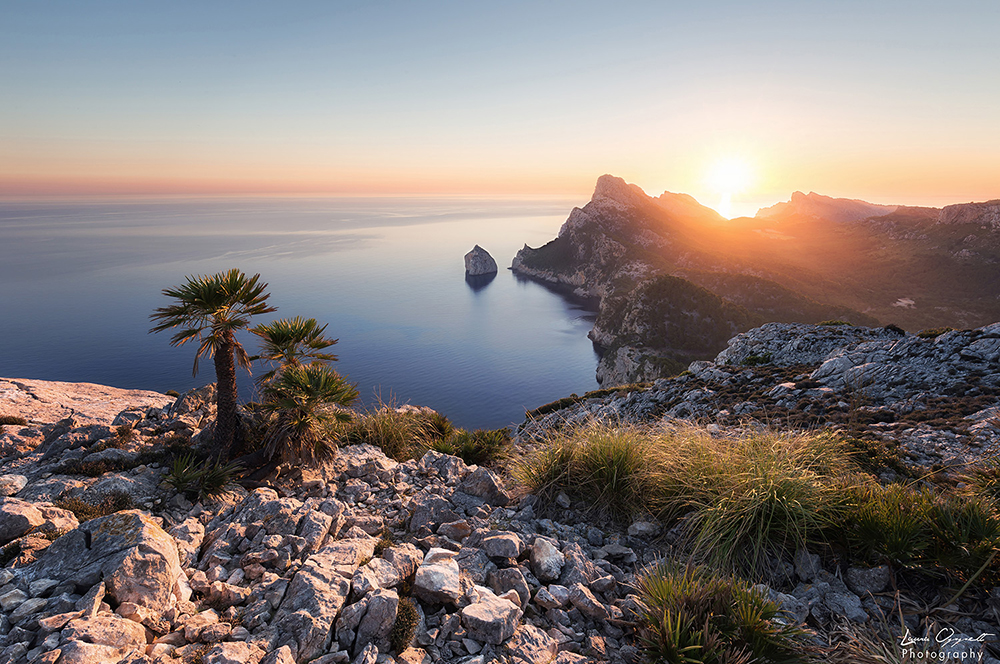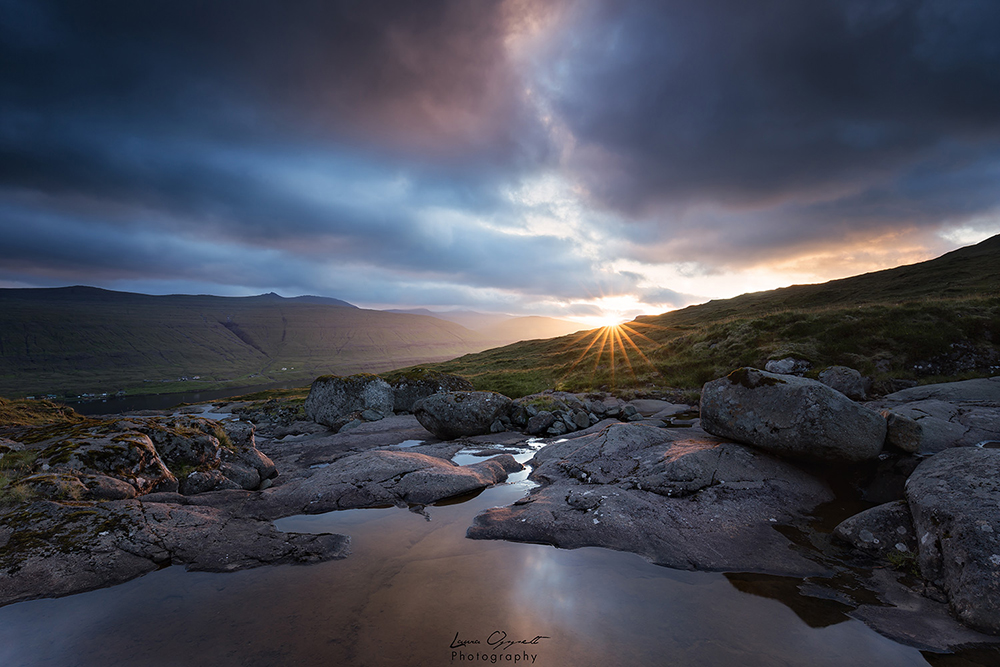Continuing on with my Photographer Focus series, here I spend time talking with Sebastian Tontsch. Sebastian is an Interior, Architectural & Landscape Photographer who also likes shooting Astro Photography images.
Who is Sebastian Tontsch?
I’m an Interior and Architectural Photographer from Germany based in Dubai and Spain. I started out in Landscape photography. Then after moving to Dubai in 2012, I started to shoot the beautiful city of Dubai which started my interest in Architecture. Later I started shooting real estate and interiors for architects. This is what I still do today. I grew up in the countryside in Germany. My dad taught me all about the stars and star signs that’s where my love for Astrophotography comes in. Personally, if I would have to choose 2 categories in photography it would be Landscape and Astro Photography. Those are my personal favorites as I’m a nature person and I spent most time outdoors. One of the reasons I moved to Spain.
How long have you been in the photography game? Are you a full-time Professional Photographer?
I’m a full-time Professional Photographer. But I also have different online businesses running as well. A PR and Marketing company in Dubai that I started in 2014. I first got into photography about thirteen years ago. I always was a big car fan so just before I got my driving license, I started to take pictures of my car with a point and shoot trying to make it look cool. When it didn’t look cool I started to research cameras, settings, etc. That’s how I really got into it.
Apart from Interior And Architectural, what styles of photography brings you the most personal enjoyment and satisfaction?
It has to be a tie between Landscape (especially mountains) and Astro Photography. Those two worlds are my Zen zone. It’s great to drive into the mountains and just be there to enjoy nature. The silence up there is the perfect balance to the stressful part of photography which is the business side. The same is true for Astrophotography. Being out at night when everyone else is sleeping is great. Peace and quiet are guaranteed if you shoot in the right areas and for Astrophotography, you need dark locations and those are mostly far away from cities. I combine the two for my trips and go to the mountains for landscape and for Astro as well because I have a great dark sky there as well.
What kind of photography commercial/professional services do you provide?
Anything related to Architecture and Interiors. Commercial Architecture shoots as well. What I started to do recently because I had so many requests are tailored 1-2-1 photography workshops. Most people offer group workshops which are great but I found that working 1-2-1 with a client is the most efficient way to teach person photography. Of course, these workshops are more expensive but the clients enjoy the fact that I teach them exclusively. Also, the client is the one who decides what they want to shoot.
I see you founded a company called “Blowfish Media” in Dubai – can you tell us more about that venture?
Blowfish Media is a Full Media agency with its main focus being PR and Marketing at the moment. We are a boutique style media agency that works closely with the client and we offer tailored offers to the company’s liking. Which is something they miss with big PR companies. I started Blowfish Media with my partner in 2014. It was an idea that we had because we both wanted to get into the media business in Dubai. The market was, and still is, very active in that region.
What was your first camera and what do you shoot with now?
The first camera that I used was some old no-name 35mm film camera. During my time in Dubai, I was shooting for Sony, so all my gear was Sony. I had models such as the A7S2, the A7R2, the rx100 and the rx10.
Now I shoot with my old Canon 6D. But I’m just in the process of making changes to my setup. I’m building a three body setup (Sony). Basically one body for each lens (ultra-wide angle lens, a 24-70mm lens, a 100-400mm lens).
What is your favorite lens and why?
At the moment I would say the Tamron 100-400. Just for the reason that I’m shooting it the most out of all my lenses right now. I shot so much wide angle over the years that in the last three years I have focused more on compressed shots with tele zoom lenses. Also, I love the challenge to get great tele zoom framing in camera.
What is your favorite piece of equipment in your camera bag?
I would say my Ioptron Skytracker Pro because it opens a whole new world in Astrophotography. Being able to take super long exposures without getting star trails is something that makes the whole night photography more interesting and also it gives you many more creative options than without a tracker.
What has been your greatest photography achievement to date?
It all depends on what people see as achievements. Is my 3rd place at the Epson Pano Awards 2017 and achievement? Are my features in National Geographic and achievement? Are the magazine covers an achievement or the clients I was able to get over the past years?
That’s why I don’t call myself an award-winning photographer, even though I did win awards. Awards tell you nothing about skill and dedication. They are a subjective view of a handful of professionals. Change the judging panel and you get different results.
For me, my personal achievement is that I am able to share the beauty of nature and our night sky with the world and maybe give people an idea of how great our planet is. If people see my pictures and get interested in the stars or appreciate the mountains more then I achieved my goal.
Today’s society is in a constant rush and everyone forgets what life really is about and priorities change to things that are not even important. We live on a planet that is filled with beauty and that beauty will get even better if we start taking more care about our environment. I want to motivate people to go out into nature. This is where we belong. This is where we came from. Society has lost the connection to nature we once had. And if I can get some of my followers to be more aware of our natural world then I’m happy with that, that’s my achievement.
What have been your biggest photography challenges to date?
The biggest challenge is to find new angles and stay creative. Finding spots that no one photographed before seems to be almost impossible today. I enjoy shooting new angles and finding spots that others haven’t shot from yet. Yes, I shoot the classics as well but I constantly try to find new angles. That challenge never stops.
My current approach is trying to get stuff right in camera. I see so many composites online and people love them of course but I appreciate hard work in scouting and planning a shot. That’s photography for me. Photoshopping the milky way into a different foreground is not photography in my eyes. So the challenge is to plan shots correctly and capture them in-camera!
How important is Post Processing to your photography?
Post processing is very important as I love to shoot panoramas. So stitching images and editing raw files to get more detail out of them is a crucial part, Especially as raw files are very flat to start with. For Cityscapes and Landscapes, post-processing doesn’t take extreme amounts of time. But when you get into Astrophotography, for example, the post-processing will become the biggest part. Your camera will capture the details you want but working them out of multiple stacks of raw files is the real skill.
Your Astro Photography portfolio is amazing – how do you get your images to be so clean and noise free?
I think in my case the two biggest noise removers are shooting panoramas and using a tracker. With a tracker, I can shoot at much lower iso levels. And by stitching a panorama image your end result will be much cleaner and less grainier as well.
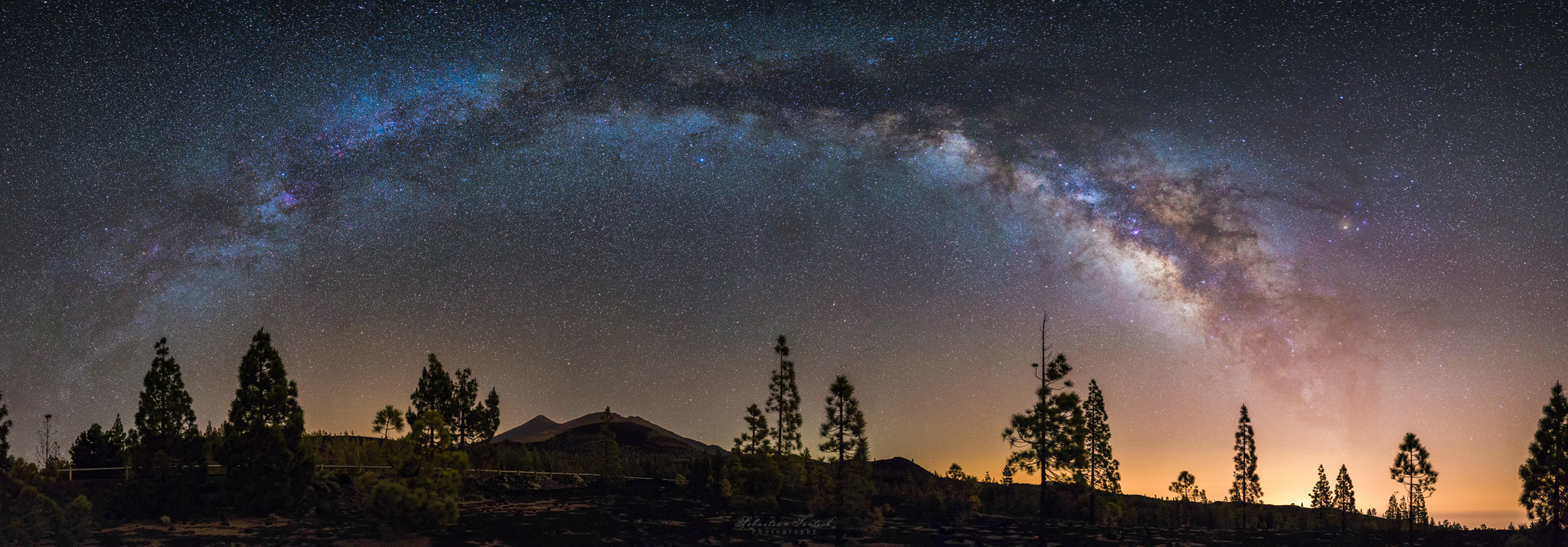
I see a lot of Brand Ambassadors on Facebook/Instagram these days – do you represent any particular brands? If yes, which brands and how did those opportunities come about?
Yes, that seemed to be a big trend for a while. I worked together with many brands. But at the moment I’m trying to step away from that a bit on focus more on what I want, not what the sponsor wants. I’m still in the progress of sorting out my partners and sponsors.
Most of the time, brands contacted me and asked if I want to review their product and see if I like it. I personally am dead honest in my reviews. So if someone sends me something I don’t like I will state it exactly that way because I don’t want to mislead people just to make a benefit. That’s not where the money is in photography.
Outside of your Interior And Architectural work, what photographic projects do you have planned 2019?
I will continue my “Mountain Portrait” series that I started in 2017. Shooting more mountains and more close-ups. Just a more intimate view of our most beautiful peaks all over the world. The focus right now are the alps. The Italian side is almost done. Going towards France and Switzerland now. For the Astro part of my photography, I have planned to shoot a bortle class 1 sky this year. If I can fit the trip in, I would fly to the Atacama Desert in Chile which is one of the darkest skies in the world. That’s high up on my priority list.
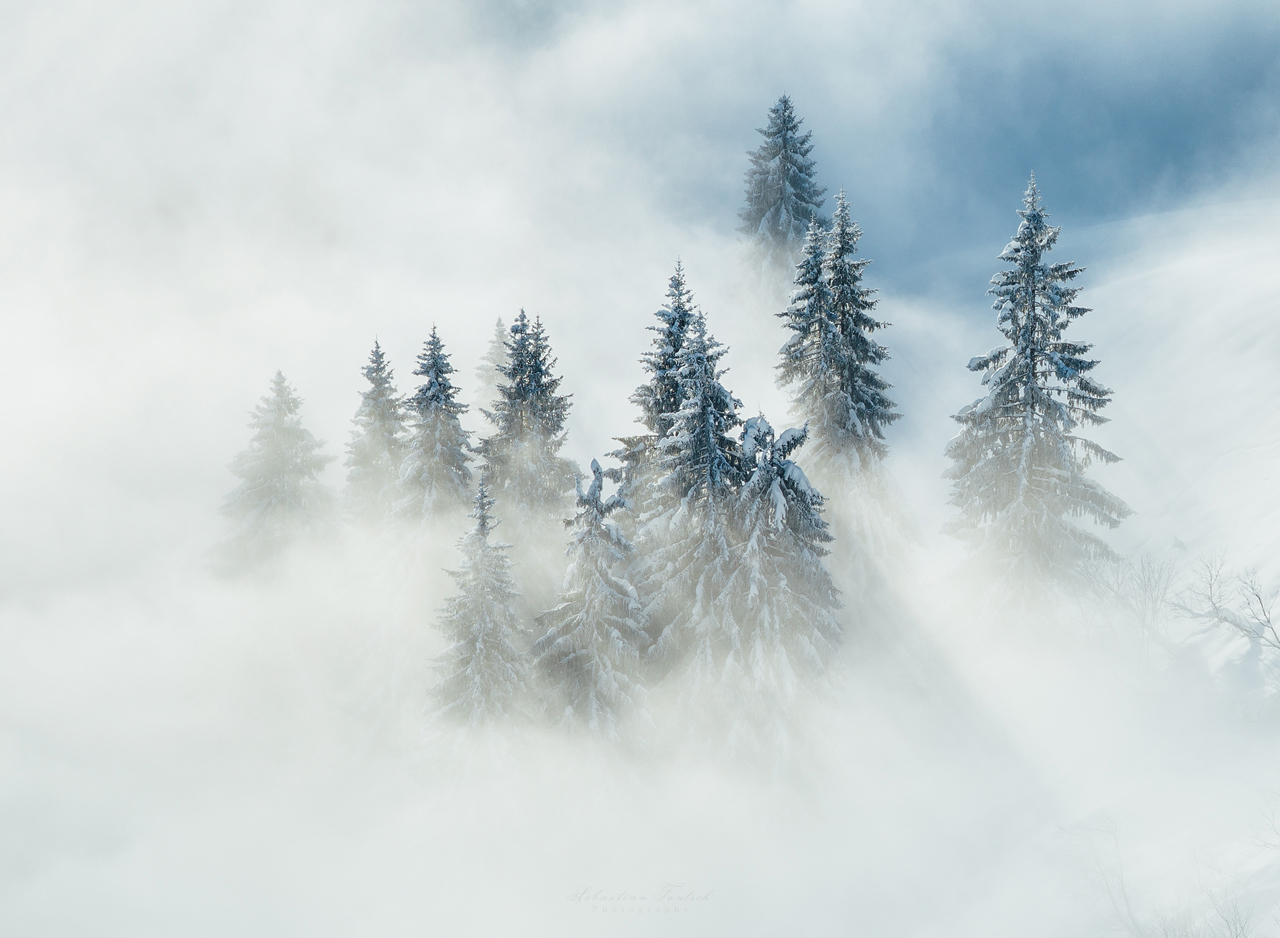
What advice or tips can you offer to anyone looking to make a career or a lifestyle switch to that of Professional Photography?
Only shoot what you enjoy. If you have to do jobs that you don’t enjoy it will be hard to get better at it. When I started, I offered everything, portraits, products, events, etc..
I soon found out that I really didn’t enjoy any of those types of photography, So I focused on Interior and Architecture as I really enjoyed it. As soon as I did that, I improved much quicker because I wanted to get better and had an interest in it. Earning money just with Landscapes will be hard. Not the best genre to live from if you don’t run workshops all the time.
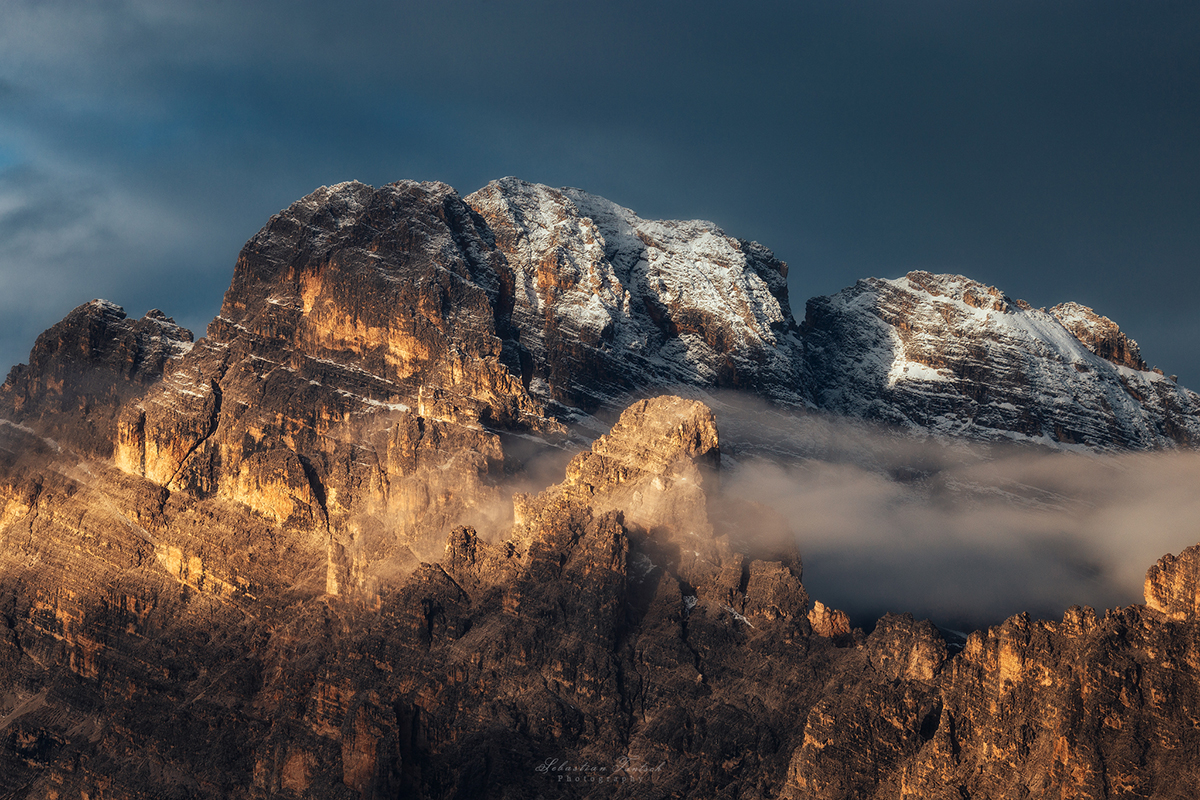
Where and how can people follow your work and keep updated with your photography adventures?
My website is www.sebastiantontschphoto.com. I’m most active on my Facebook profile right now where I post regularly – https://www.facebook.com/sebastian.hcstnot.
Over on Instagram, I have 2 accounts. My behind the scenes account is new and I will post all the stuff behind the camera in there: www.instagram.com/sebastiant_bts
My main account is: https://www.instagram.com/sebastian_tontsch/ – I don’t post there as often but the final images go in there basically.

